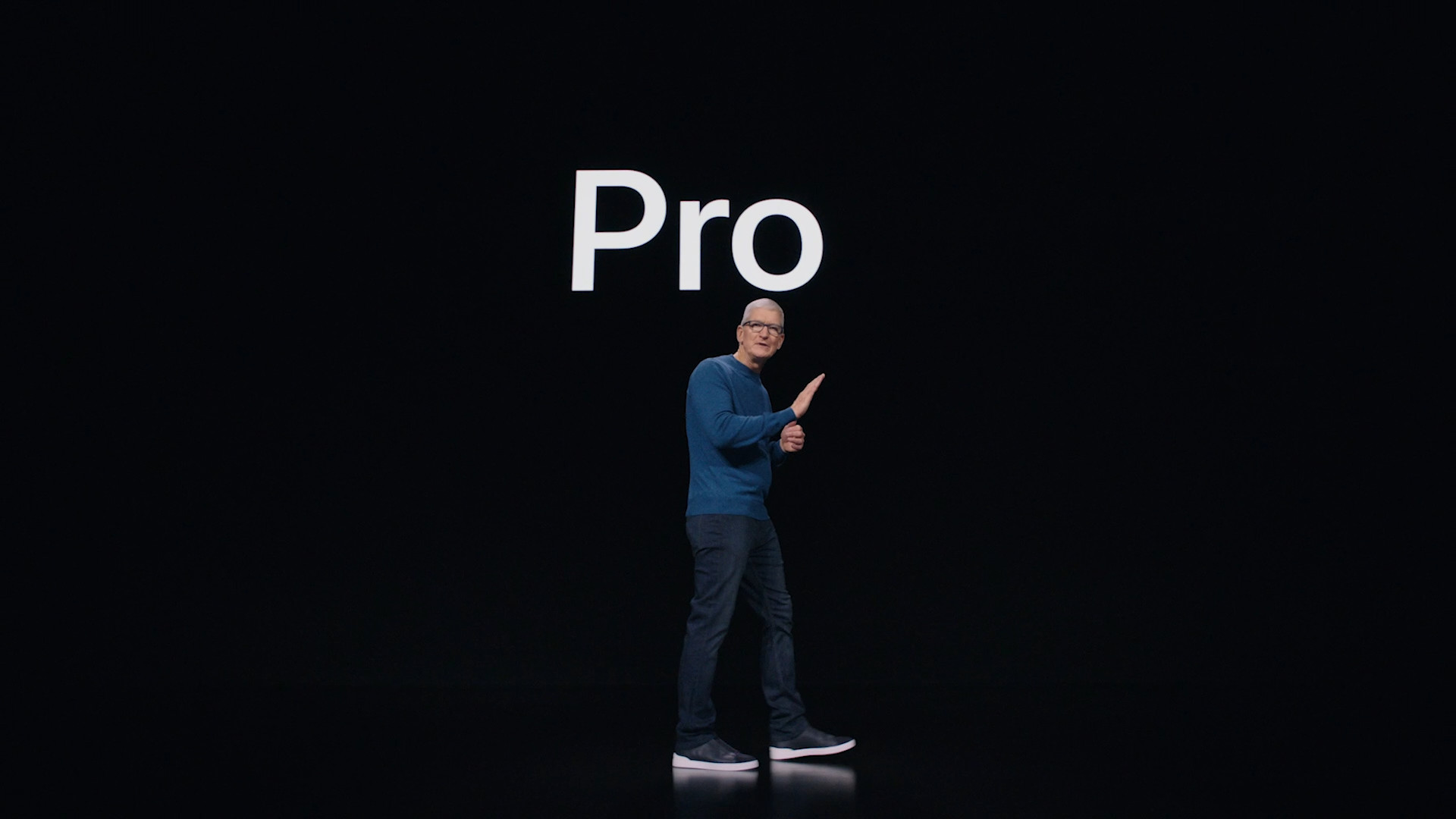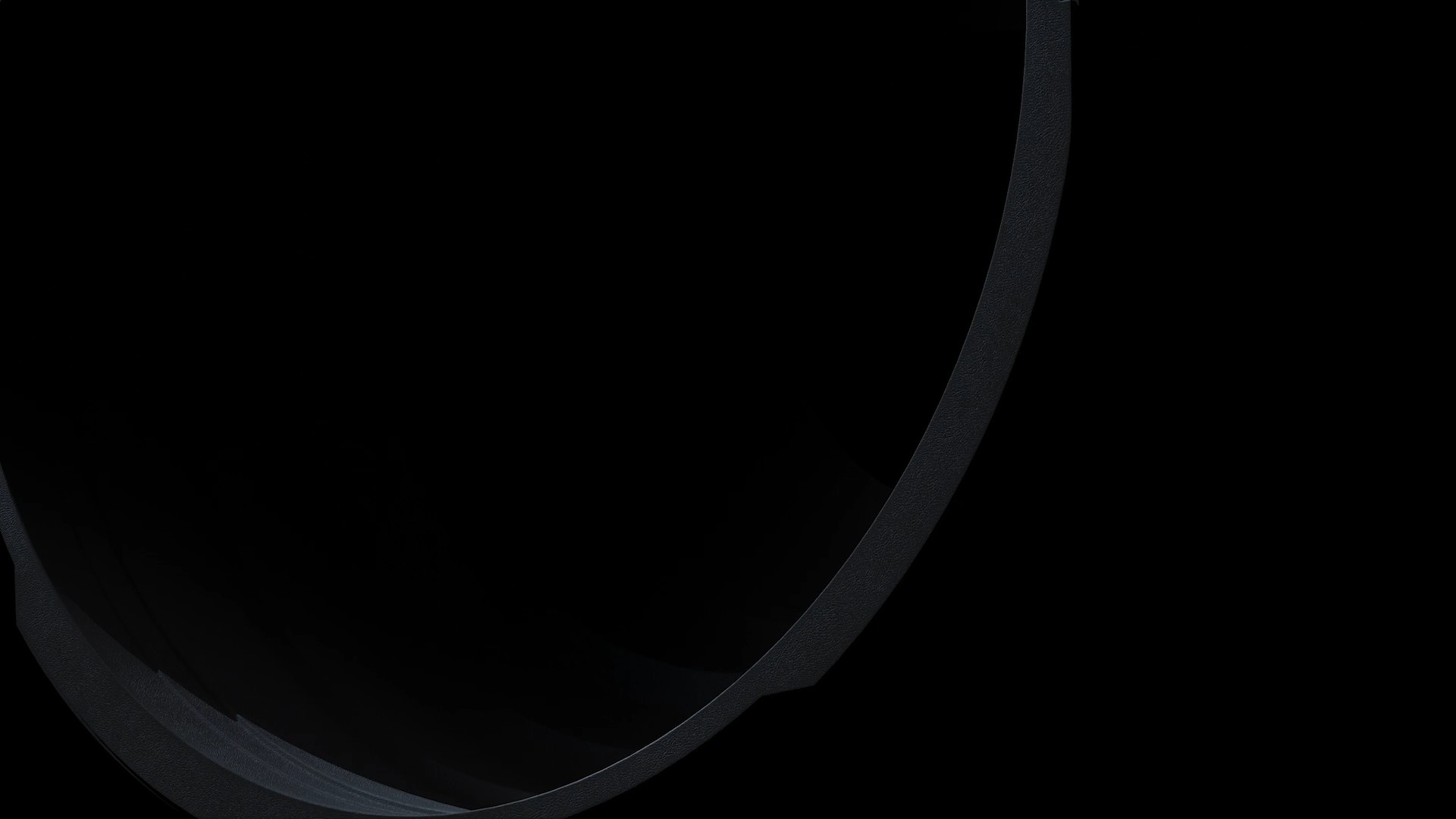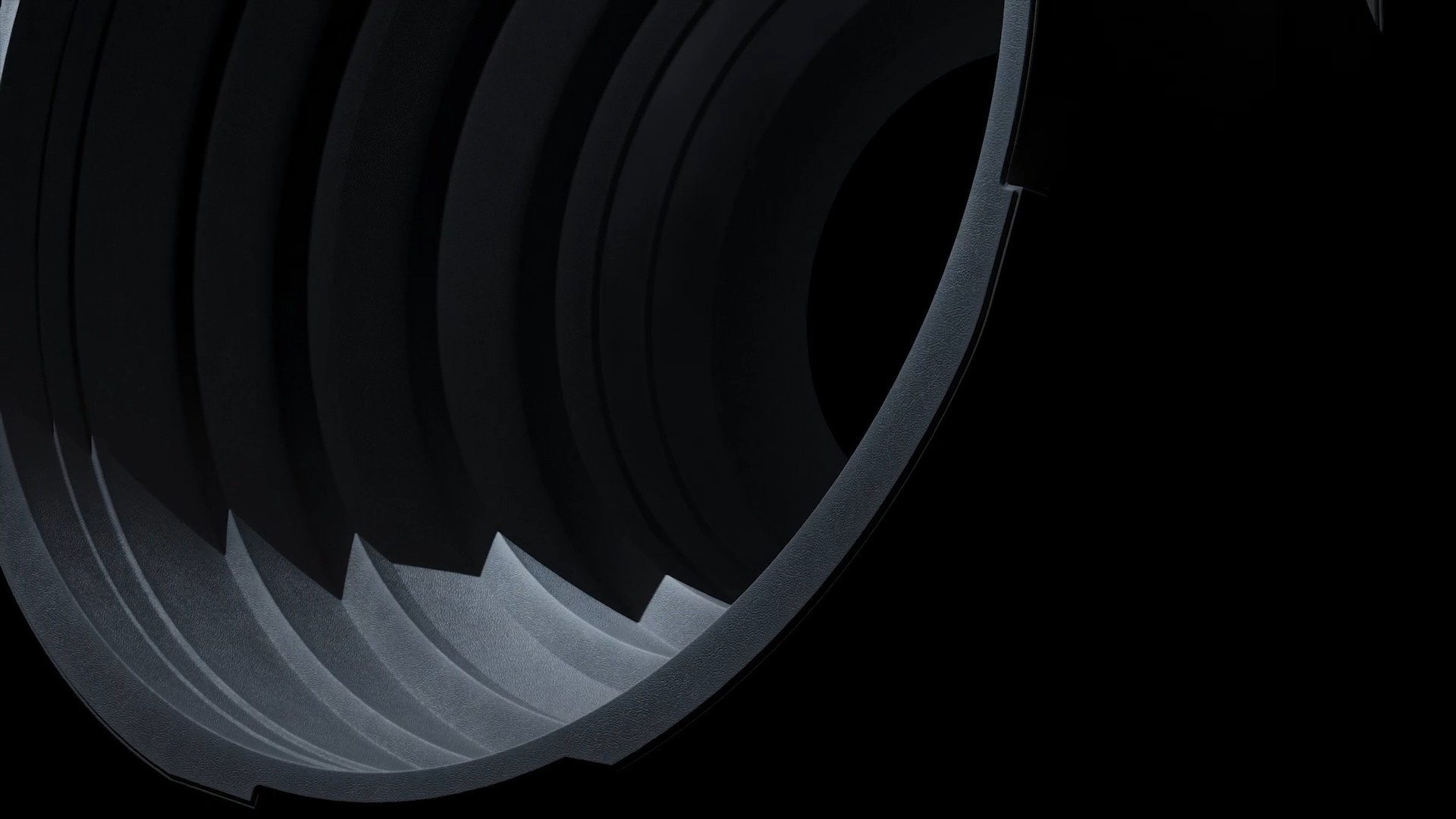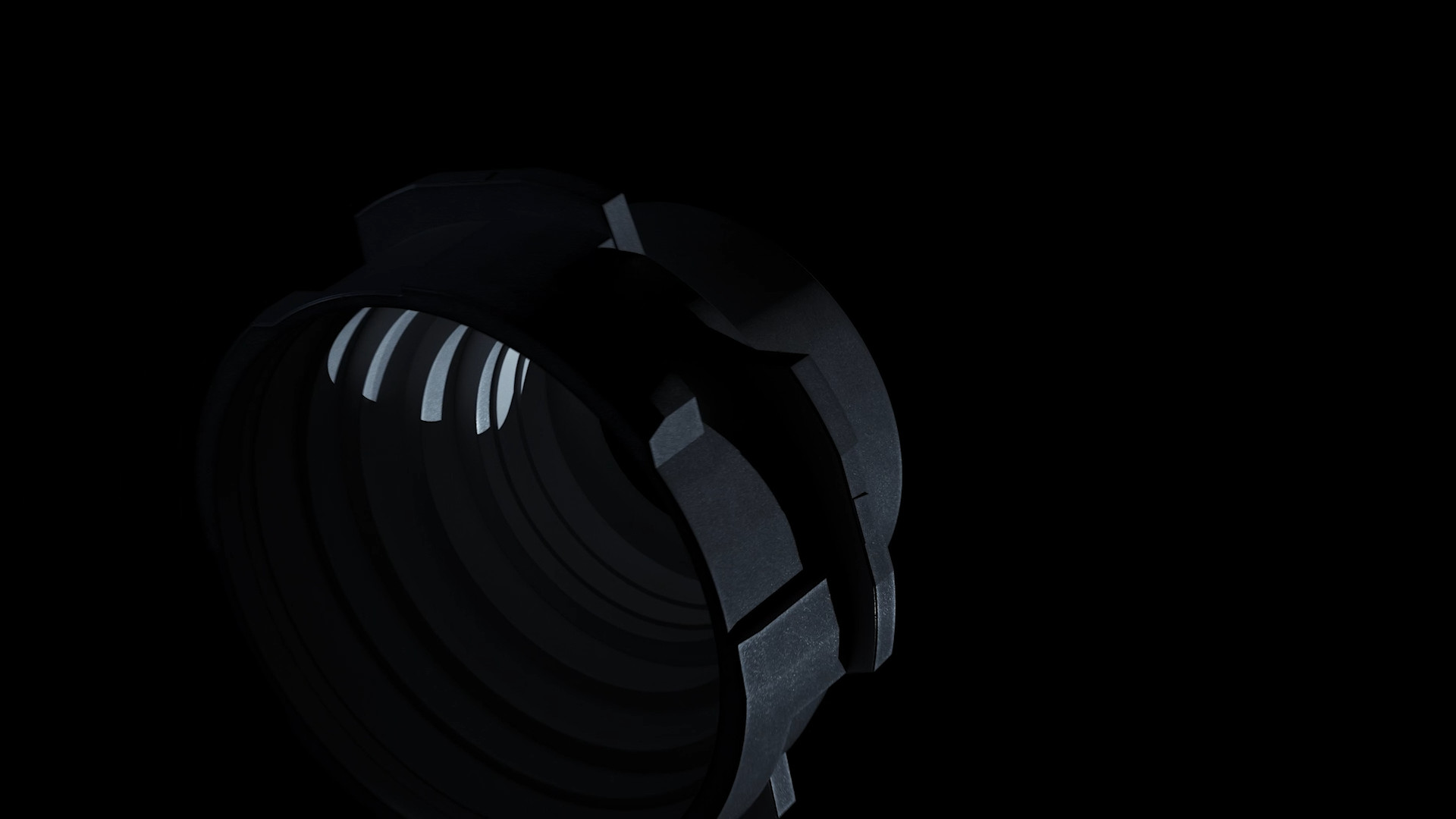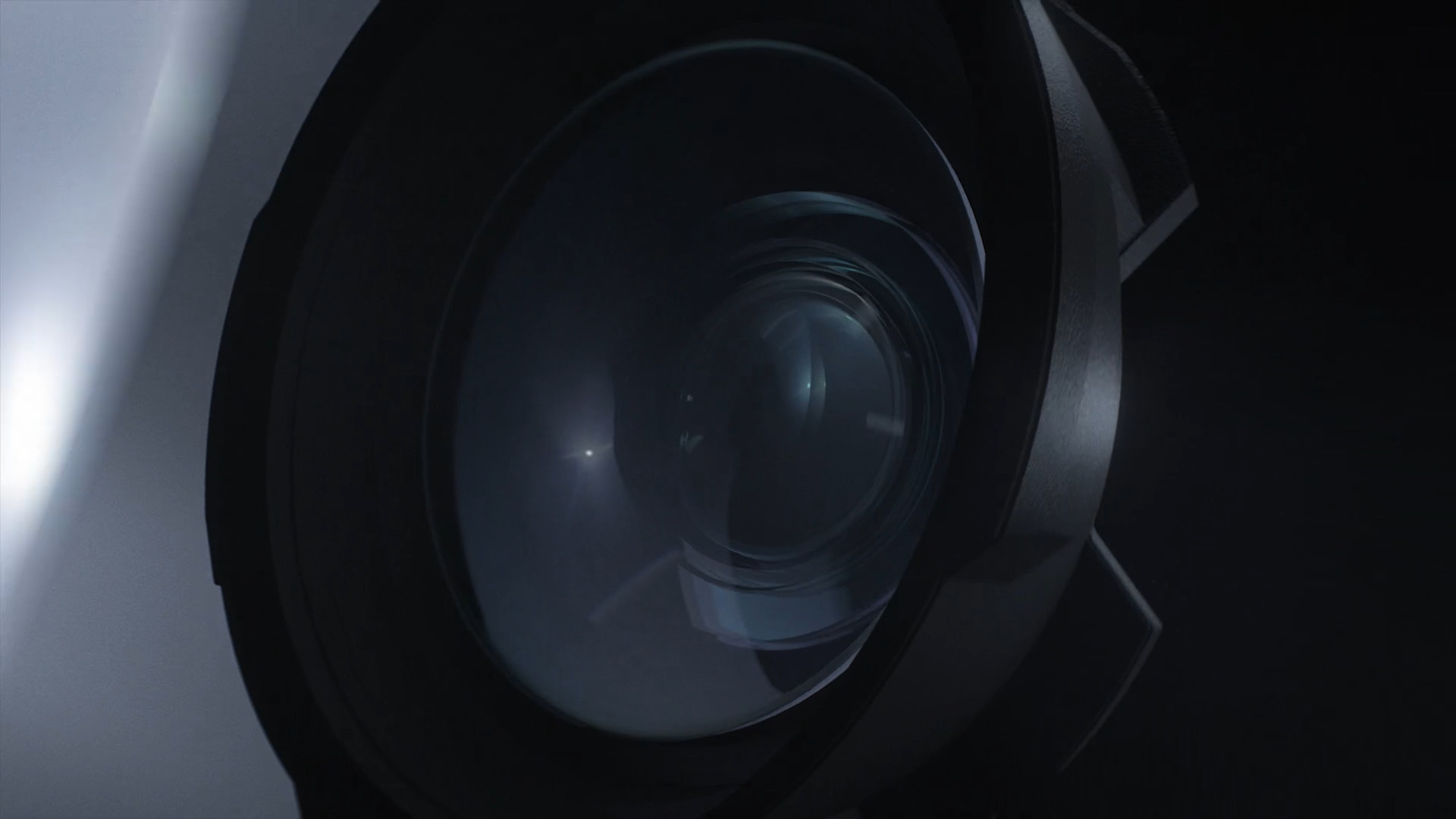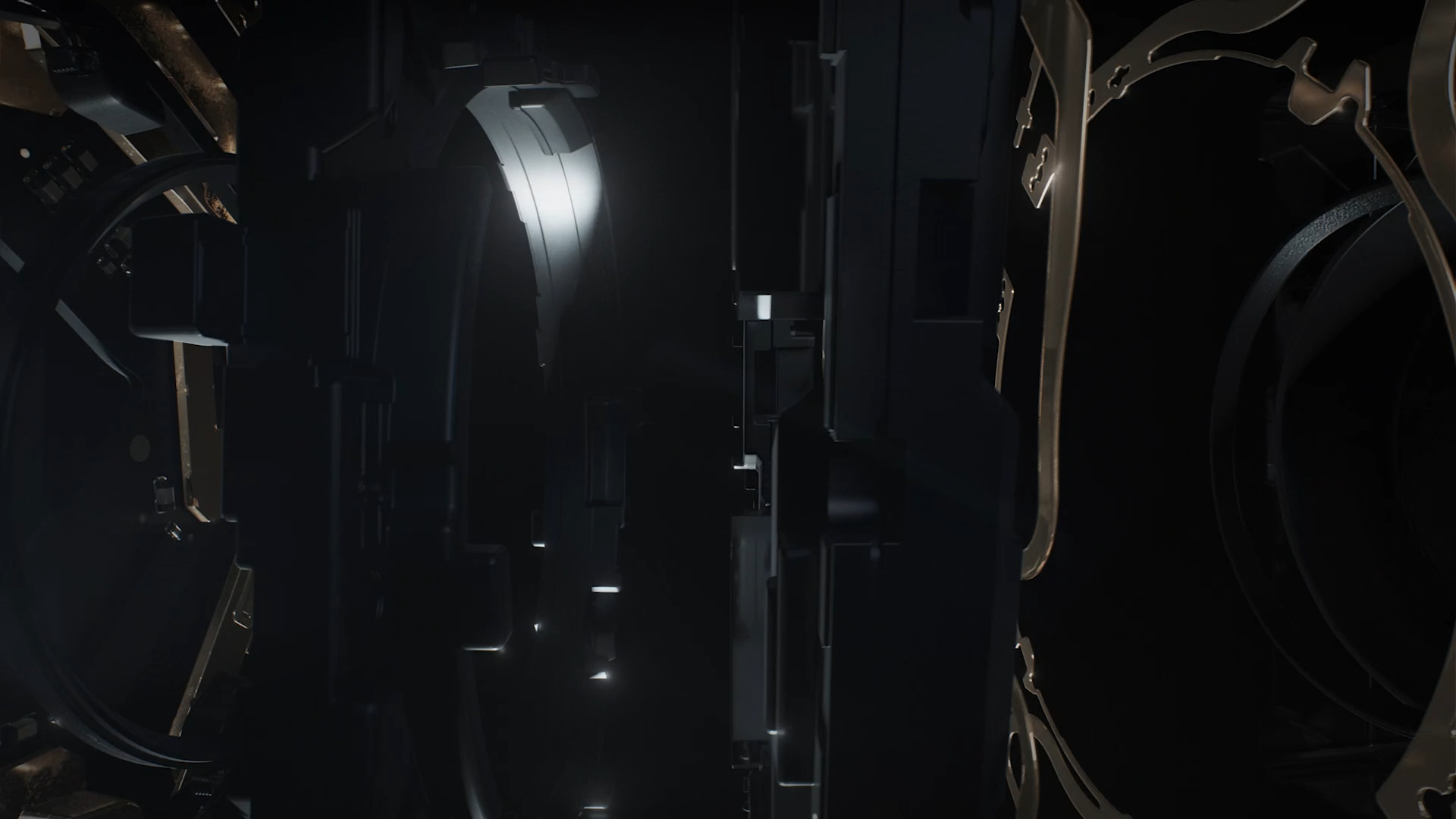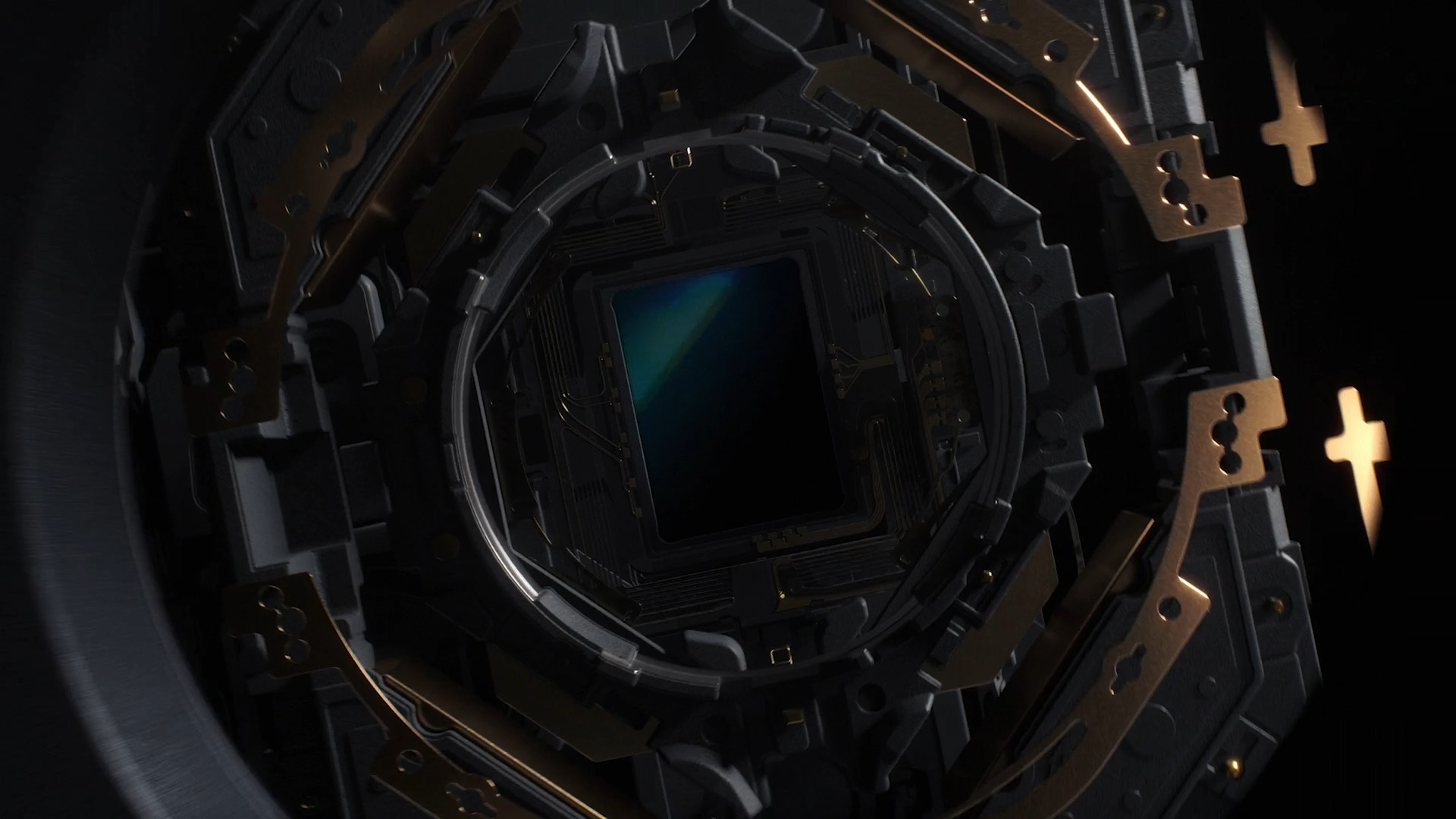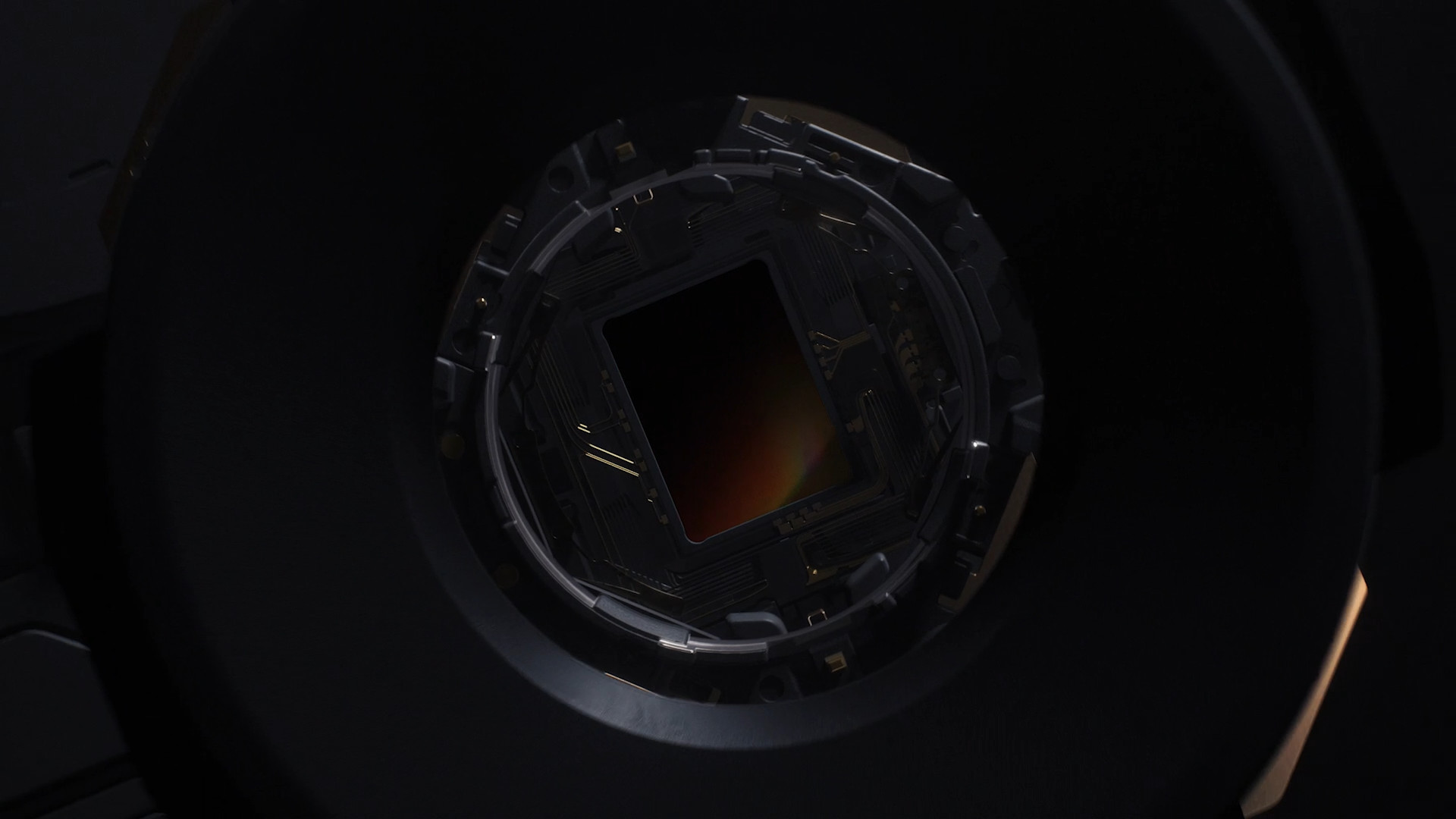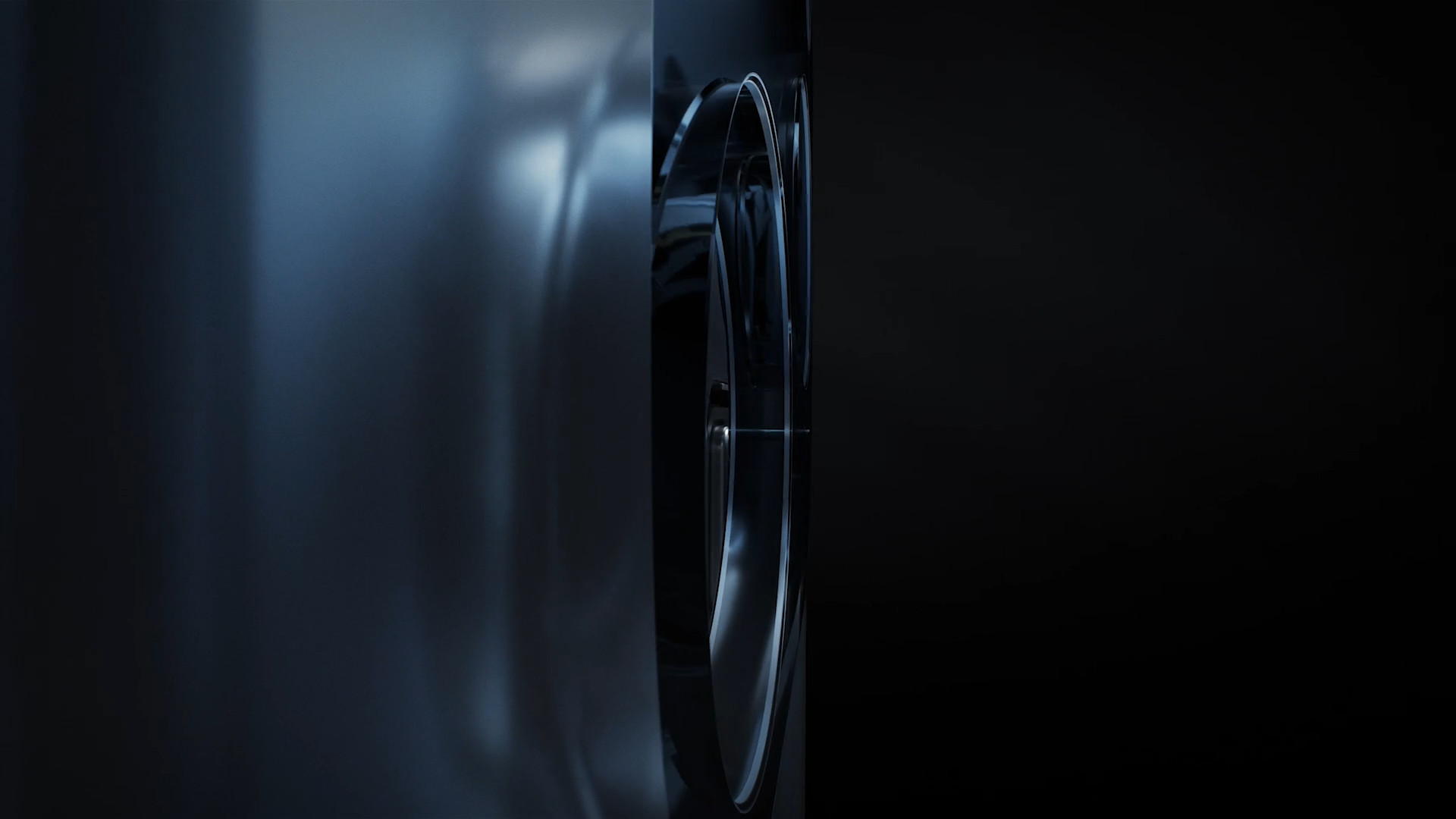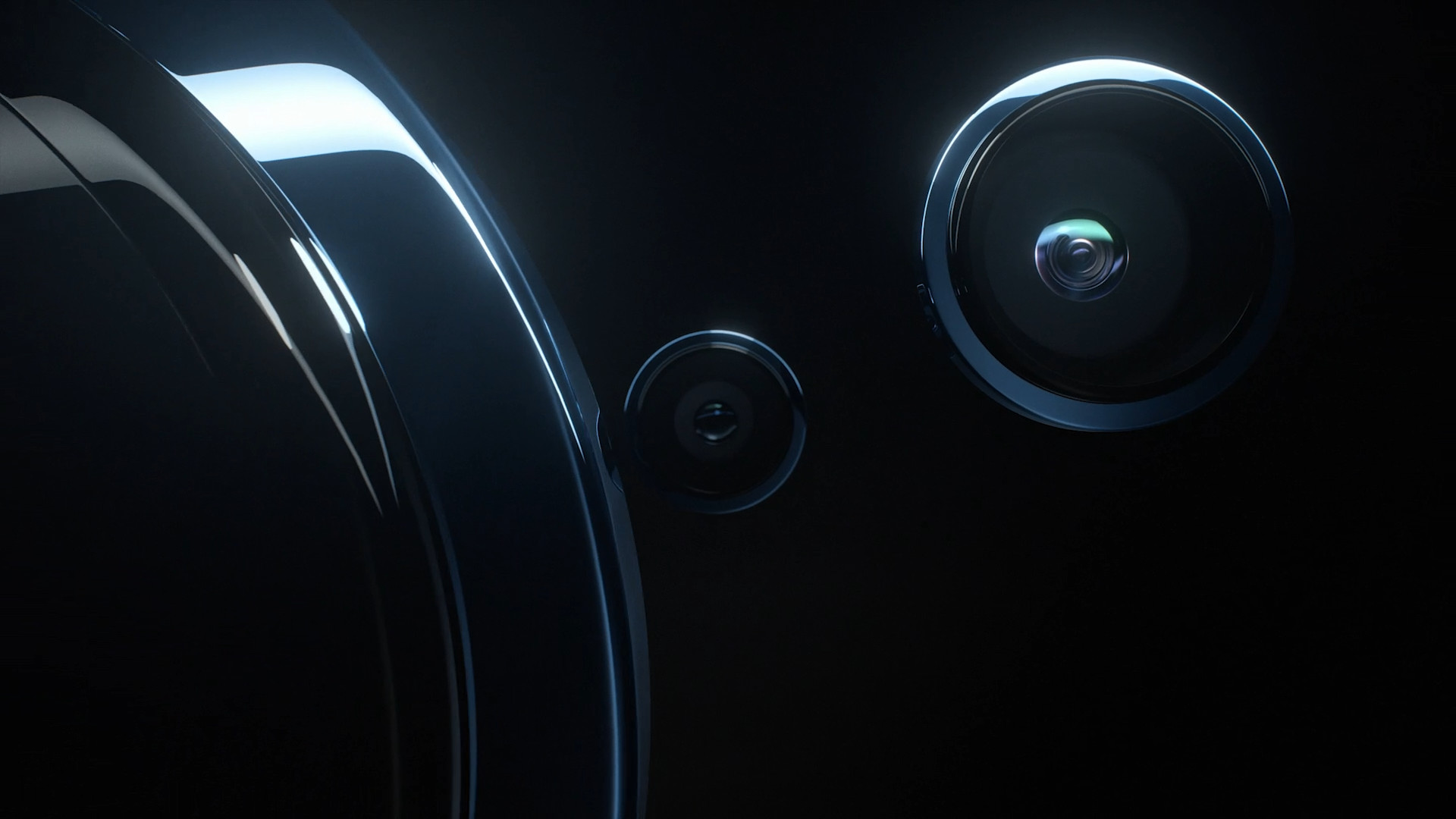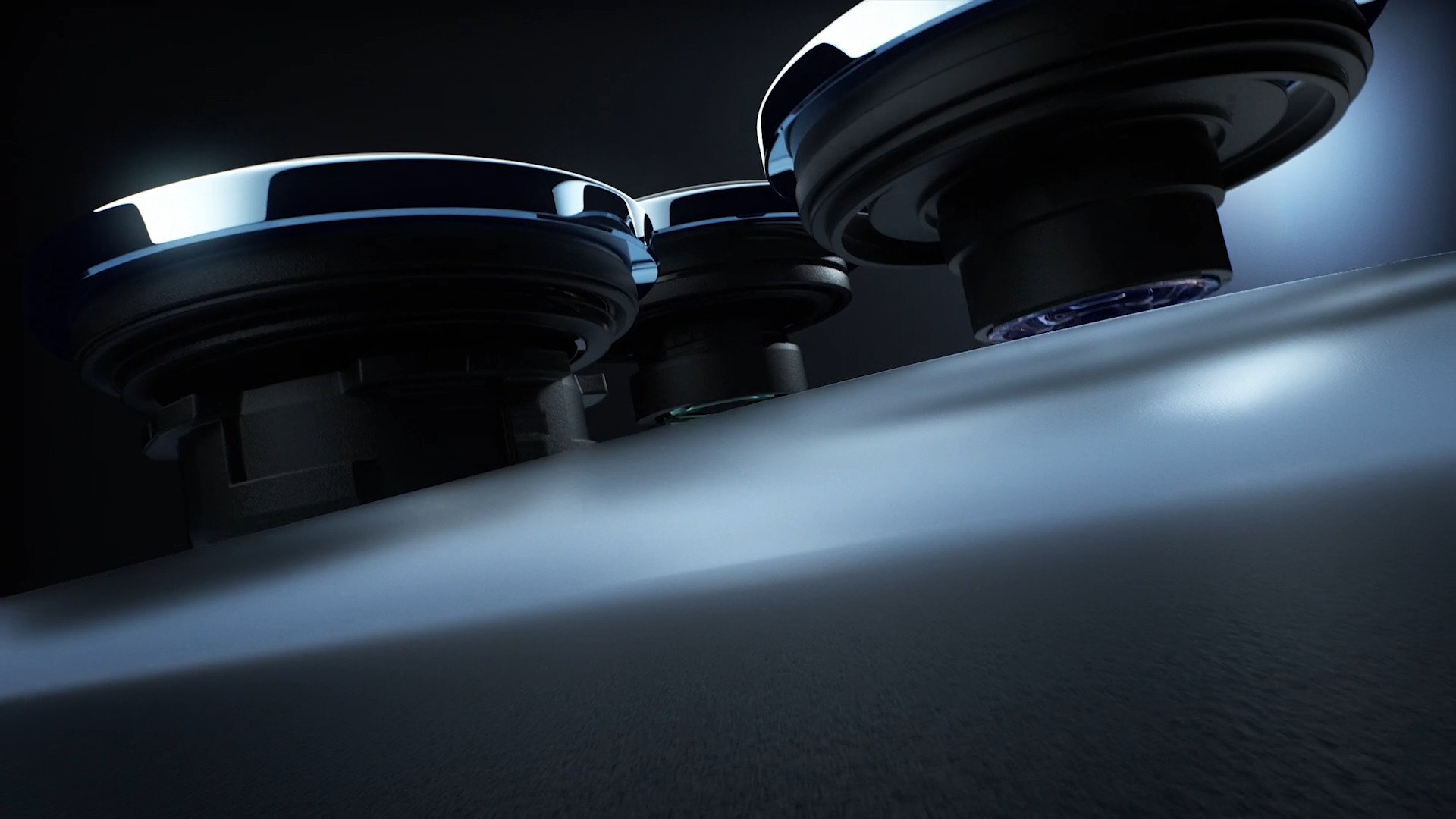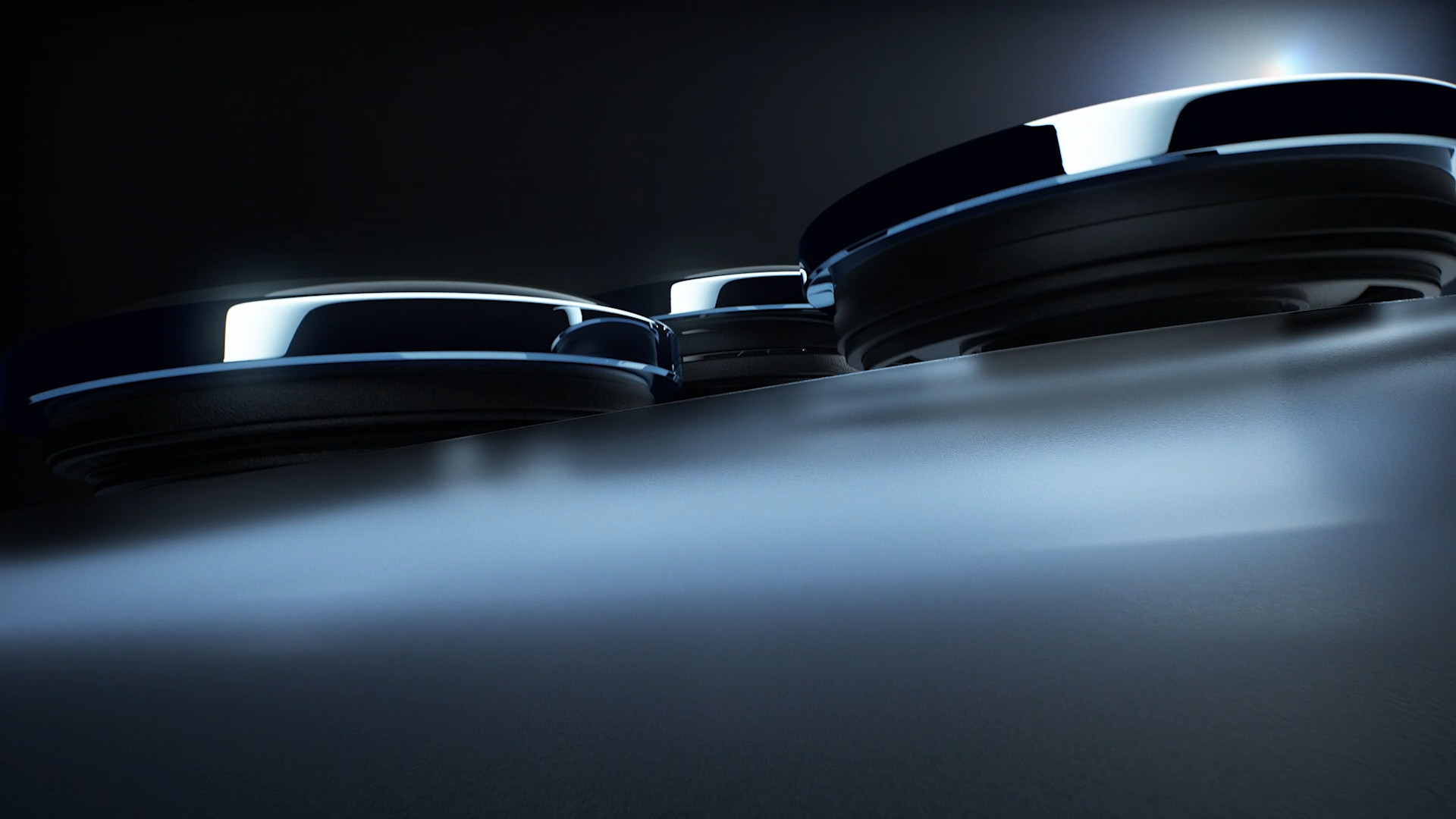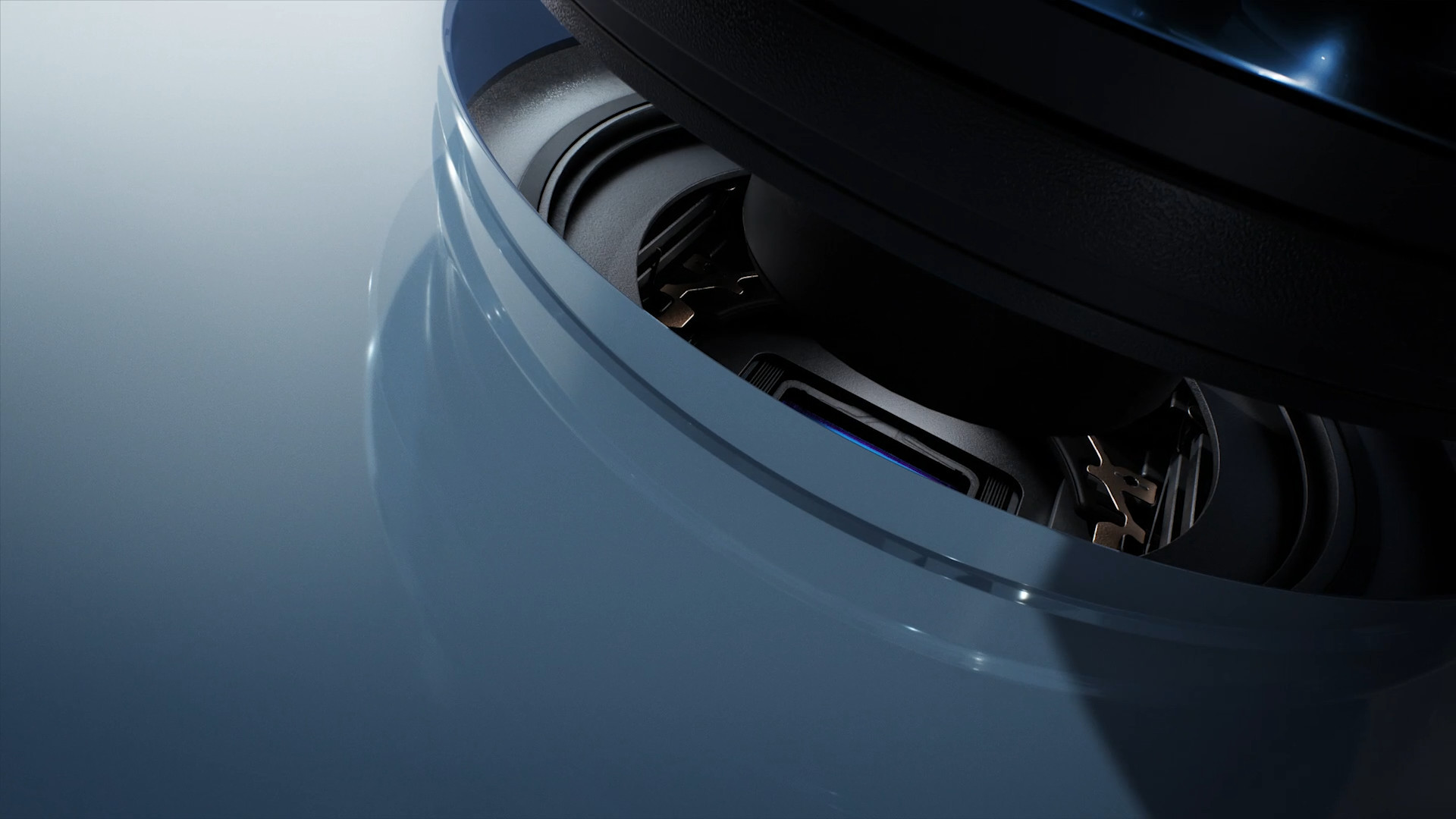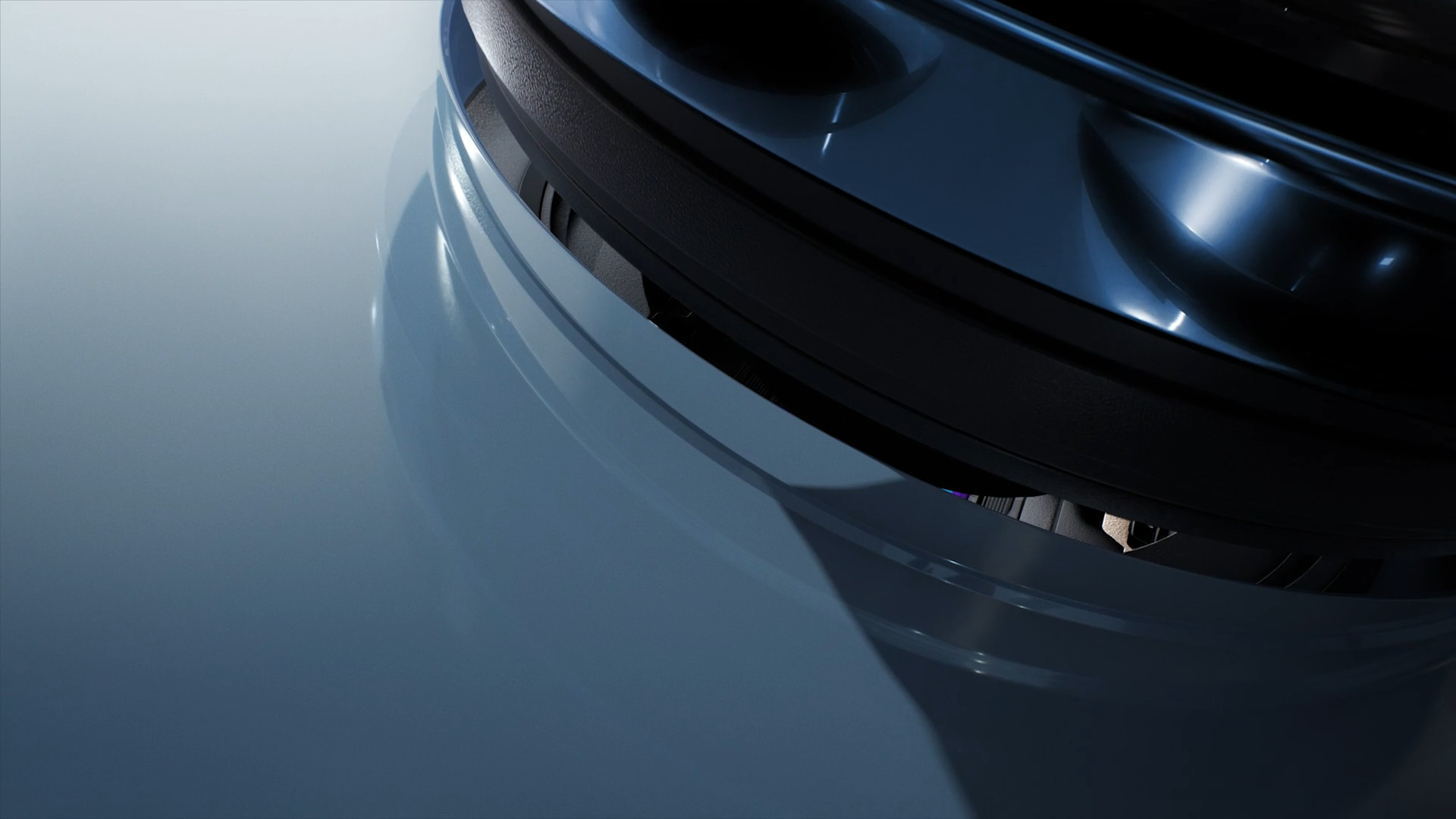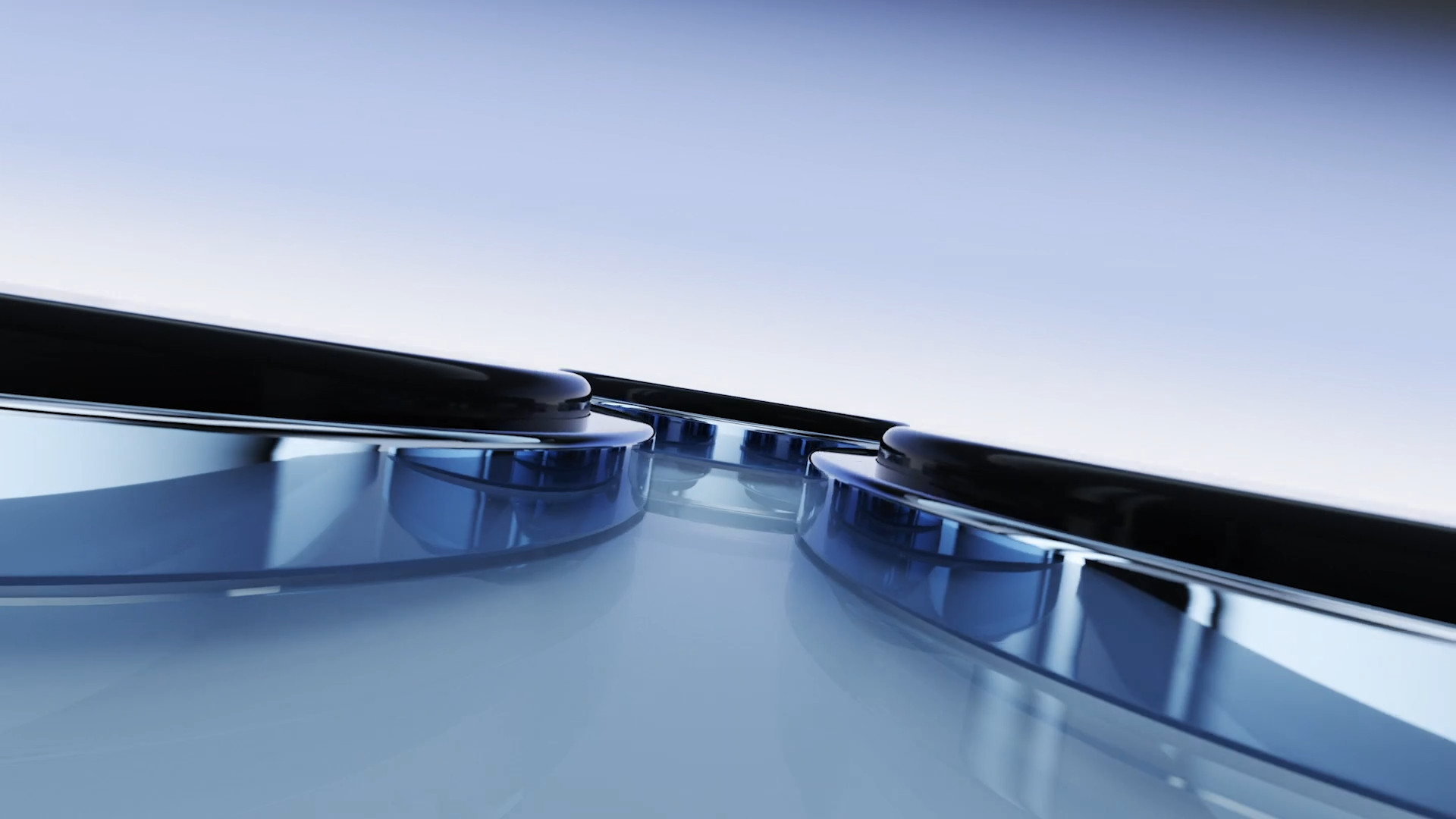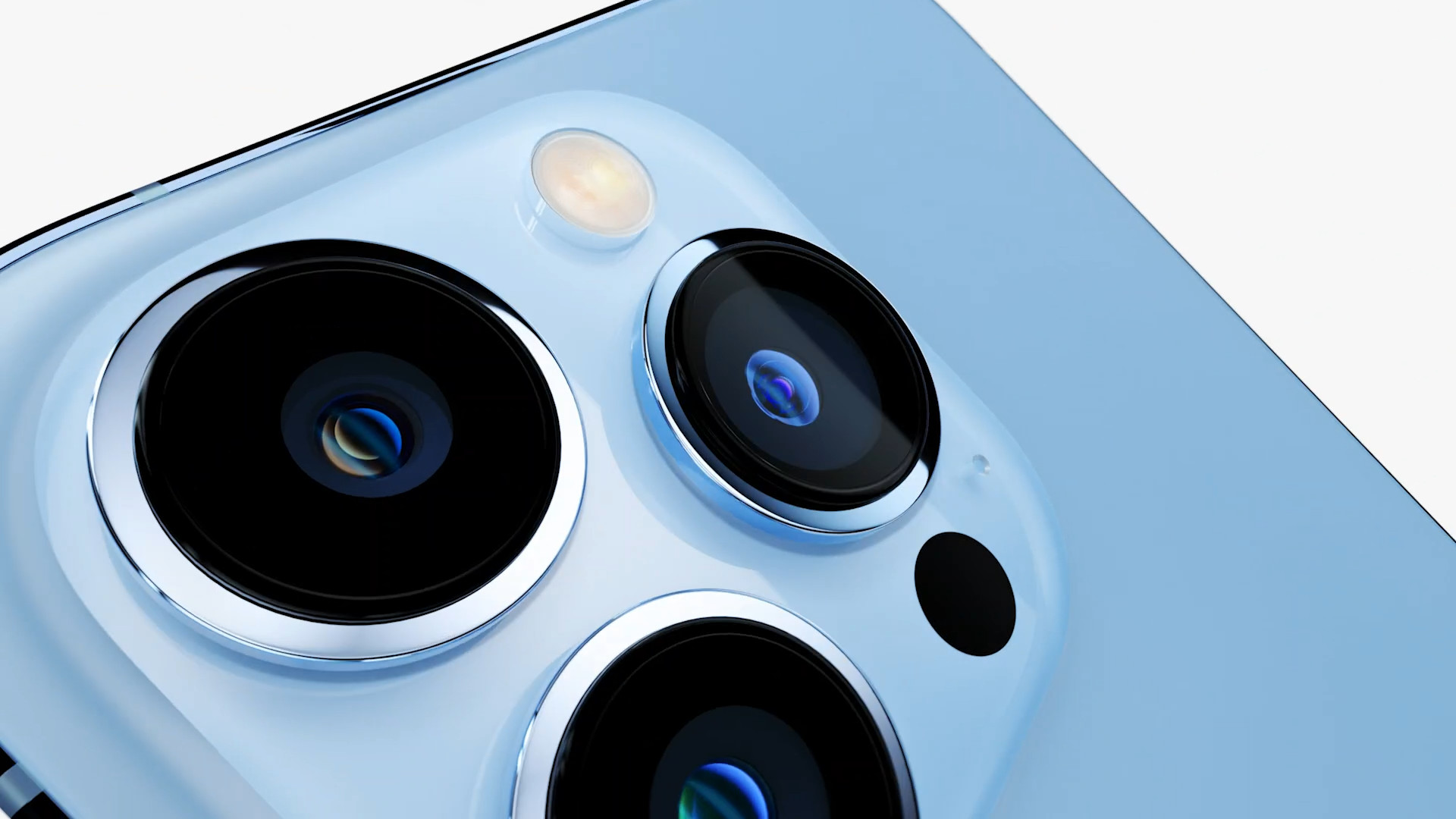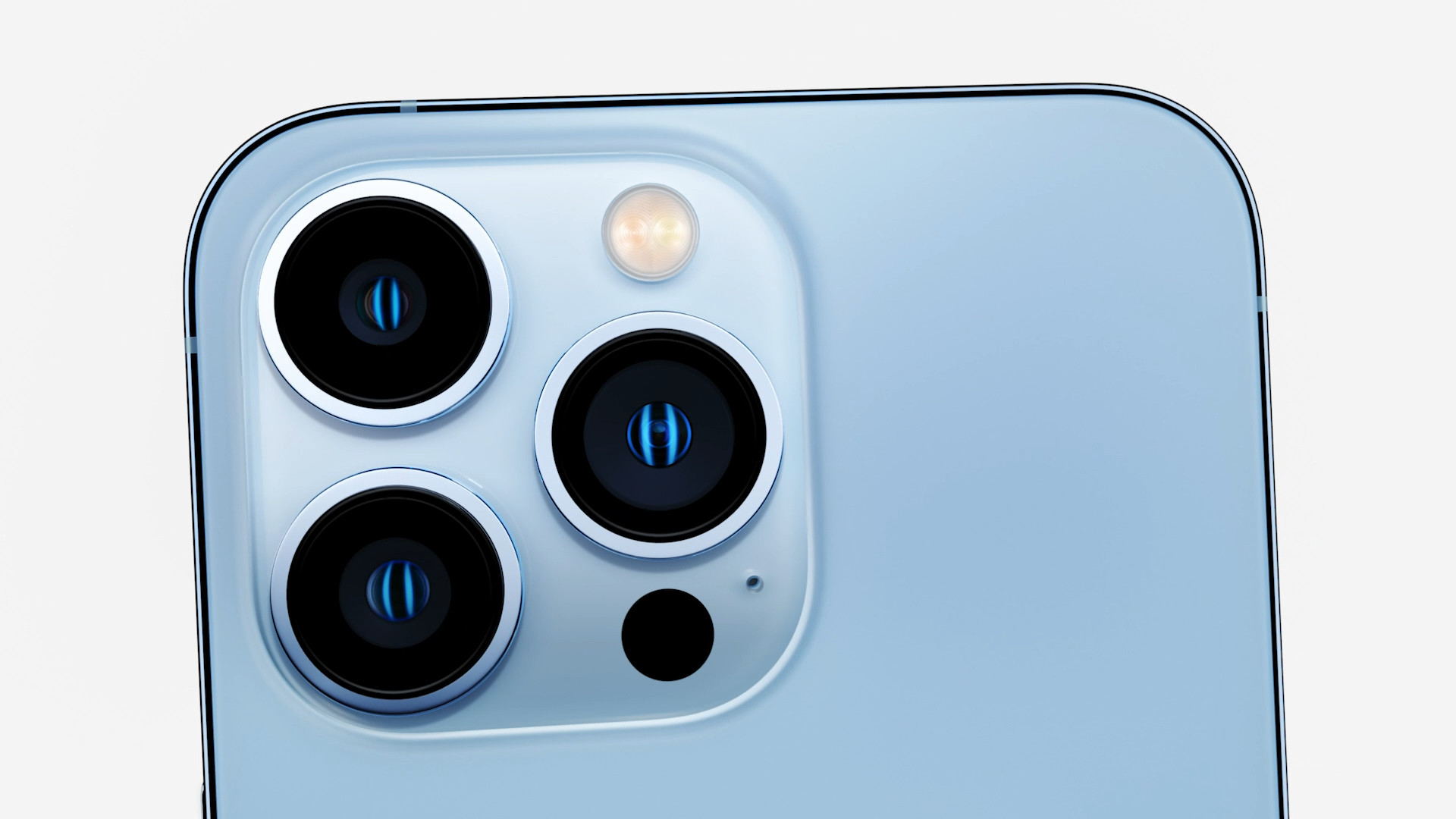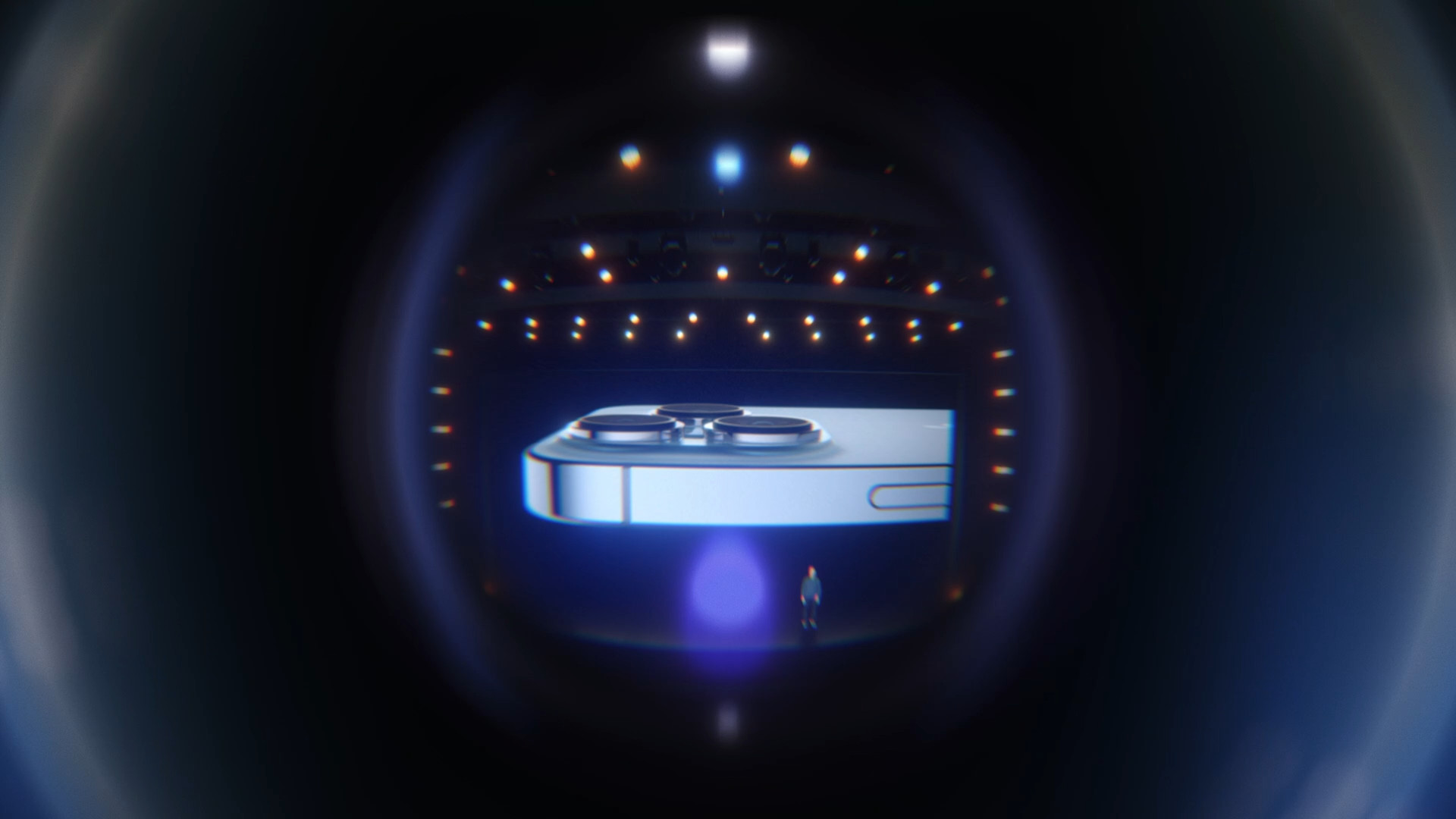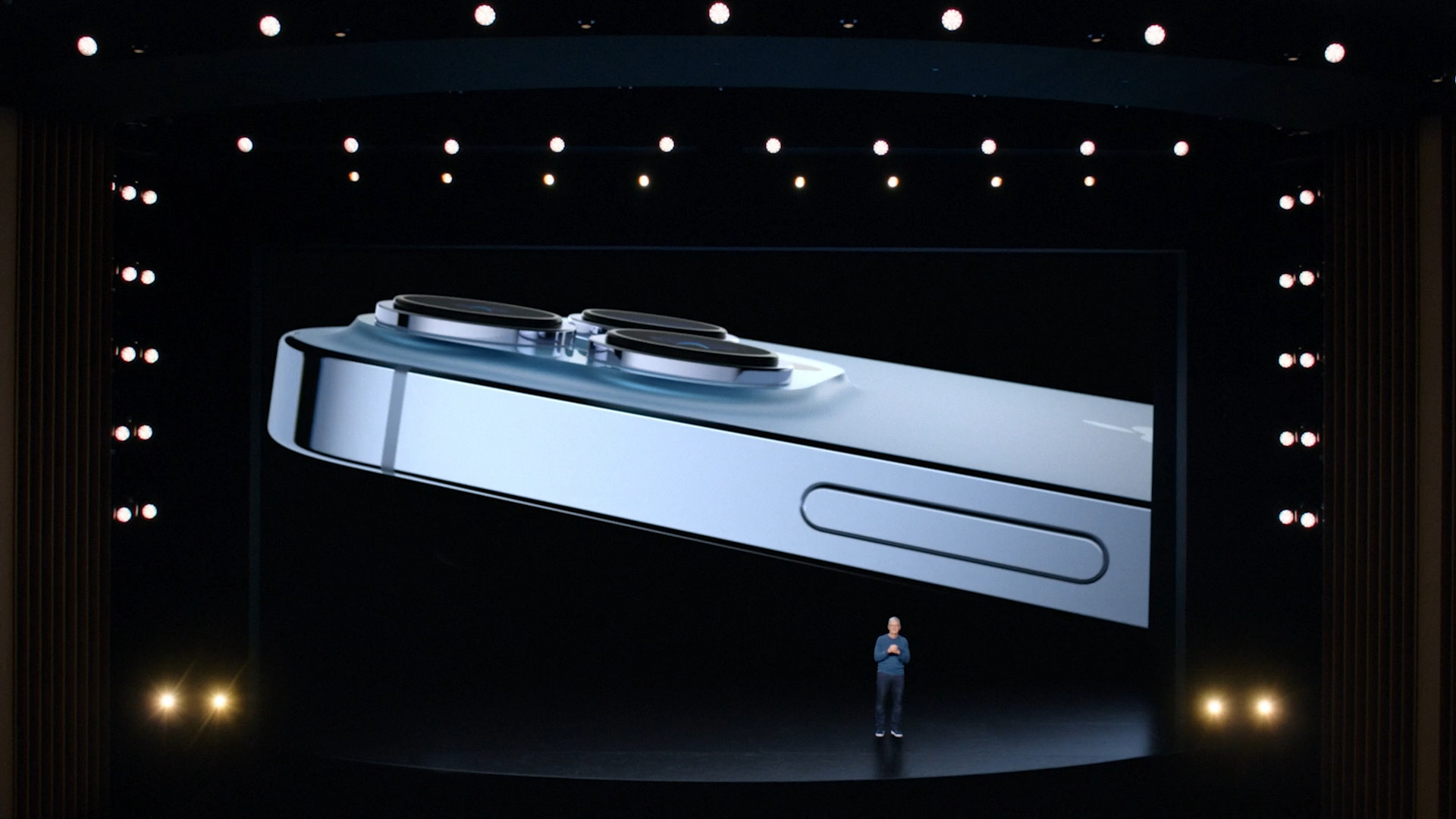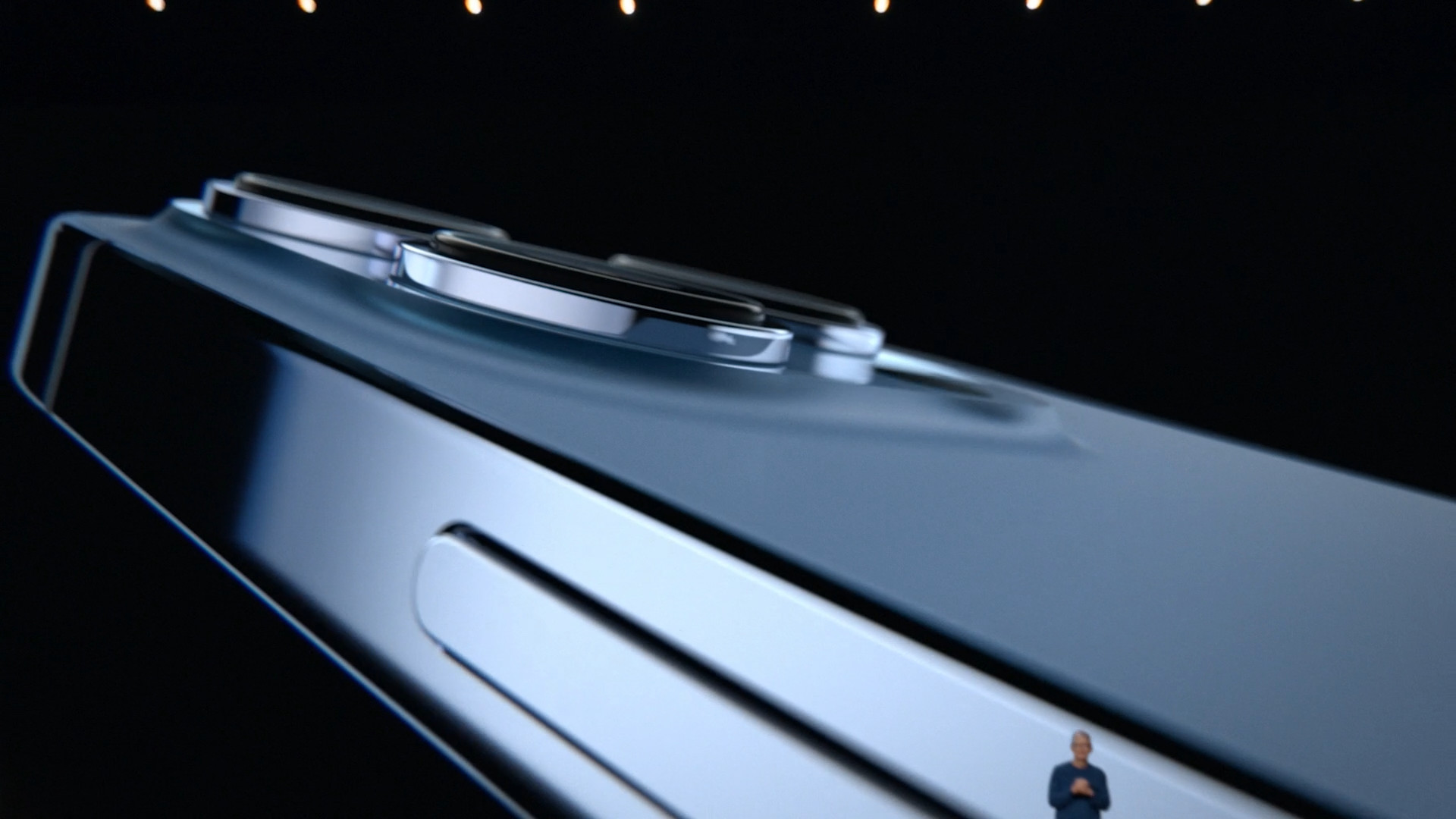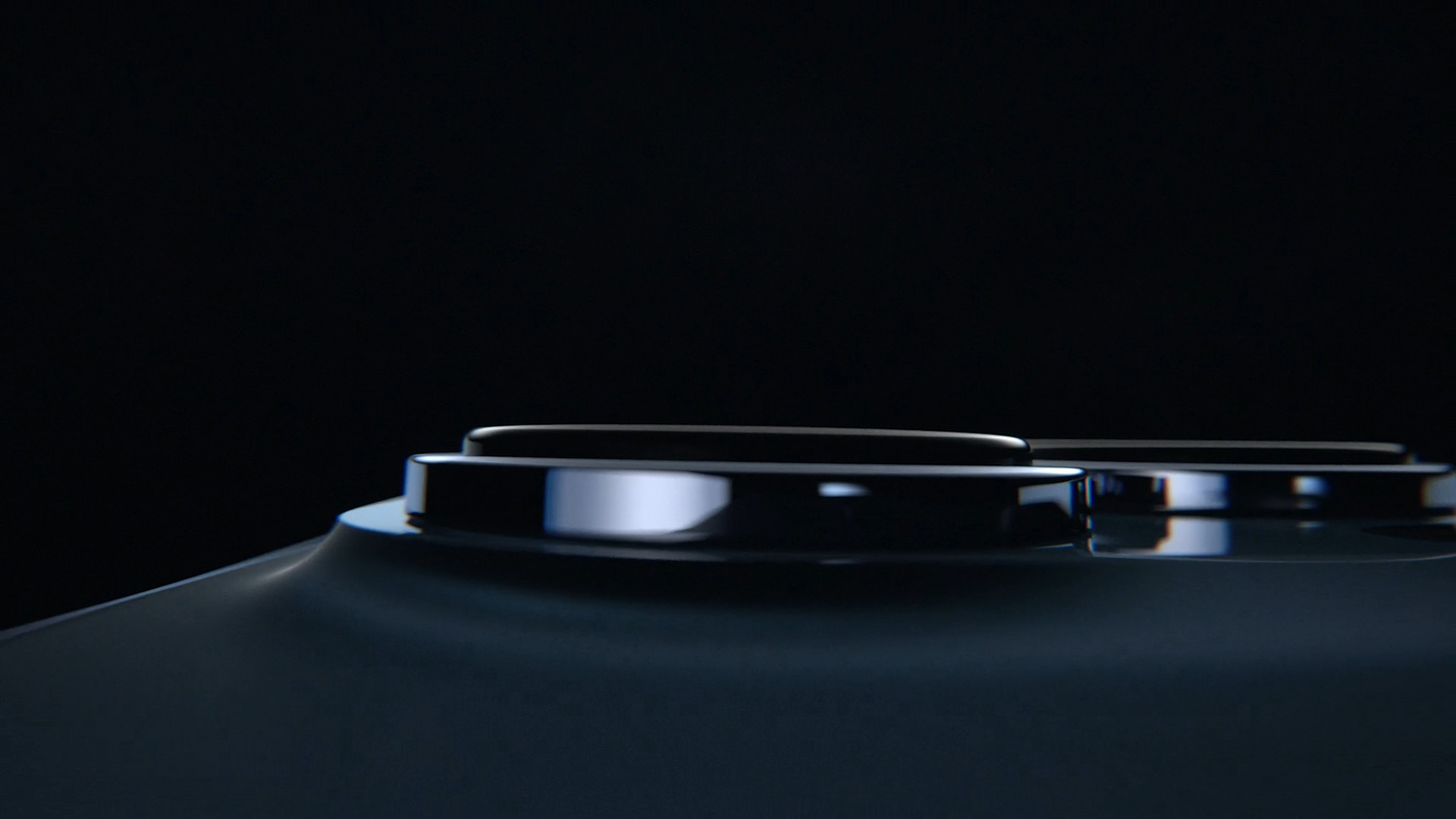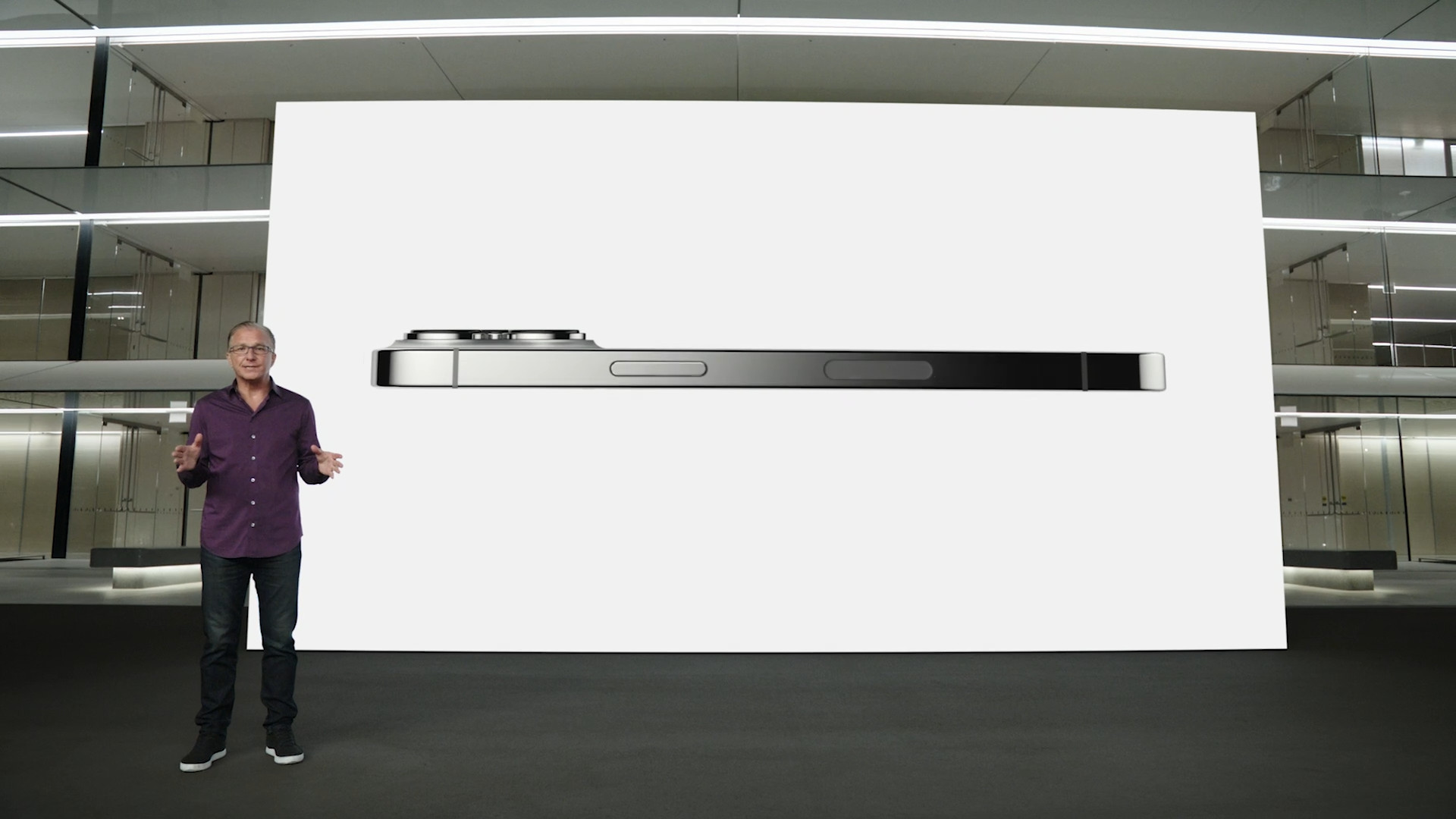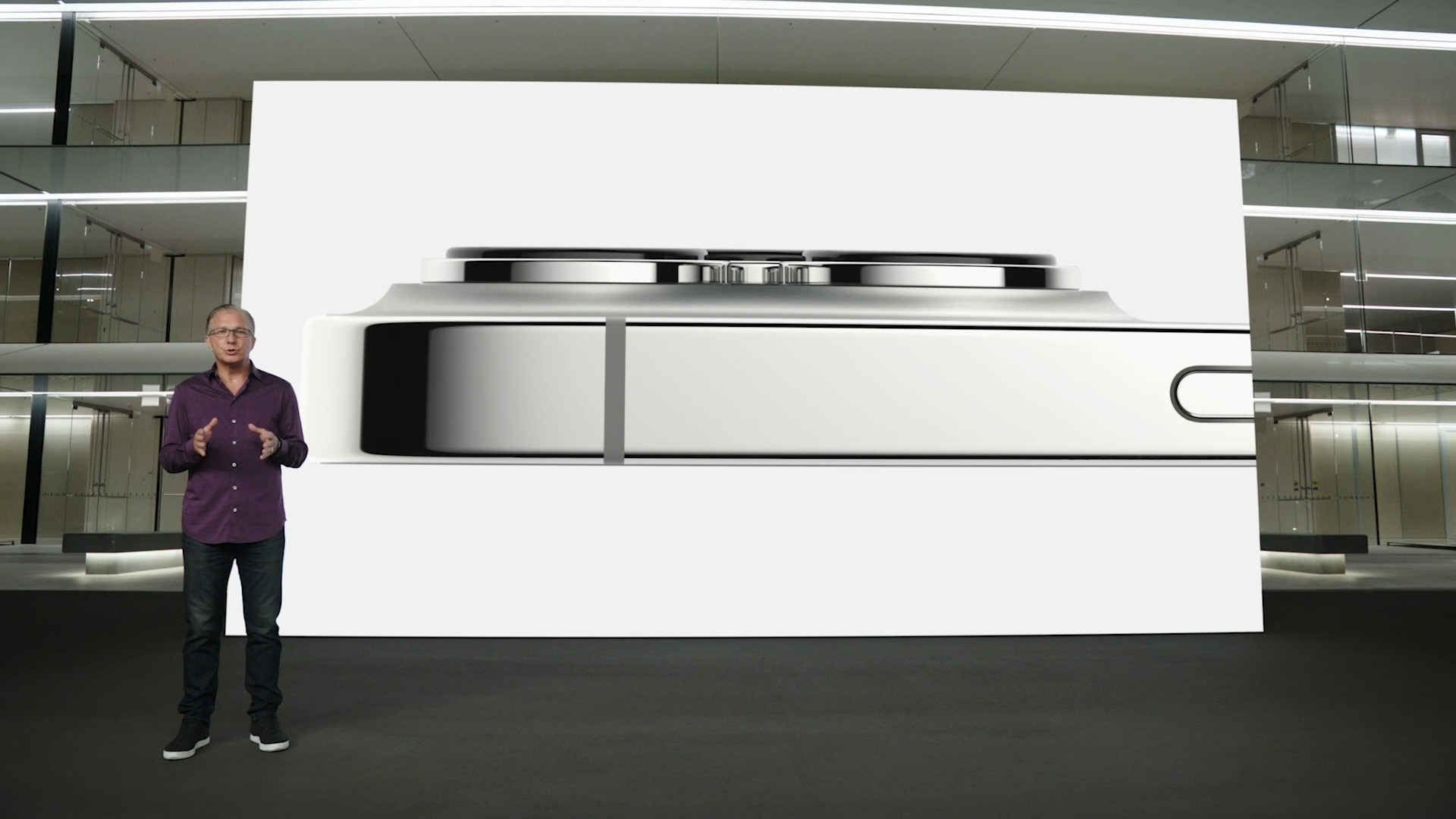Theoretically, in as little as a month we could find out the date when Apple is planning a special event for us with the introduction of new products. Next week, however, we have Samsung and its Unpacked event here. These companies cannot avoid comparisons in the field of their presentations and the amount of information provided. Does Apple's approach still make sense these days?
The connection "nowadays" has its justification here. It was different before, of course, but in the current pandemic world, it is simply different. Previously, Apple held pompous events to which it invited a number of journalists who watched the presentation of its products and at the same time informed the world online. However, an important difference between then and now is the fact that back then everyone present could really touch the news, take pictures immediately and immediately supply the world with their first impressions. Of course not now, now he's sitting at home watching the stream. Apple will then send the products to selected personalities with an information embargo. Until it passes, usually a few days before the sale starts, no one is allowed to put anything on the air. And this is a problem for those who want to pre-order the product.
It could be interest you
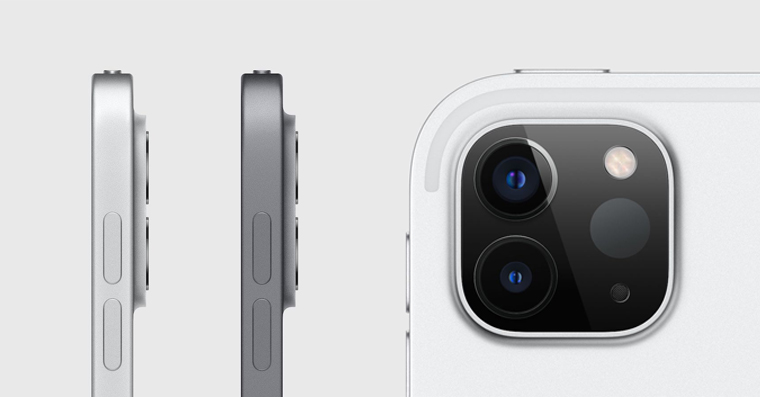
A different approach
But even before the actual presentation of the products, we already know a lot about them. Even if Apple tries to fight against information leaks in a certain way, it simply does not prevent it. He even misses i internal message leak report. The supply chain is long and there is a lot of room to display different specifications. We already know the essential information long before Apple tells us, and we practically only wait for their confirmation. Of course, the same is true for other manufacturers. But they are much more friendly, at least to journalists.
E.g. Samsung holds a press pre-briefing for journalists before the launch of the new products, who will learn not only the shape of the upcoming new products, but also their exact specifications and local availability and prices a week in advance. This is also accompanied by physical hands-on, when they can, with regard to pandemic regulations, touch everything properly. Here, too, an embargo is imposed on the discovered information, which falls with the time of the official presentation. But there is one fundamental difference.
Journalists are prepared for what the company will announce and have adequate time to familiarize themselves with everything. They can prepare materials in advance and process the data in such a way that at launch time they issue complete reports with little room for questions. In Apple's case, everything is handled on the fly so that news is provided already during its event stream.
It could be interest you
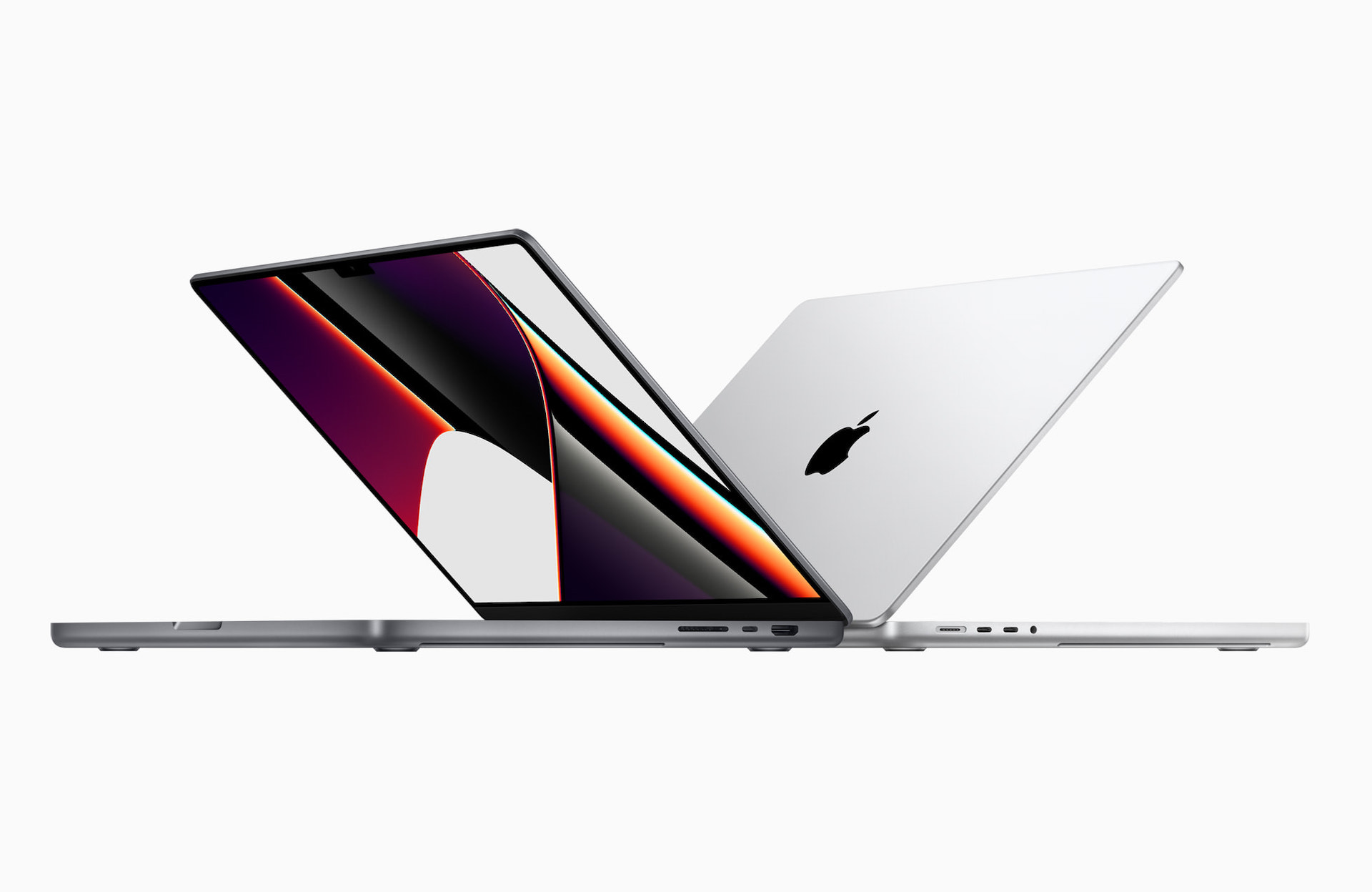
Virtual reality, the world and the product
As the coronavirus pandemic spread around the world, manufacturers had to react and adjust the presentation of their new products. Apple does this in the form of pre-recorded videos in which locations and speakers alternate as if on a treadmill. And even if he tries to bring a breath of fresh air, it's still rather boring. Without applause and reaction from the audience. Does such presentation of news still make sense in today's world?
Personally, I wouldn't be against the new format. Ideally, one in which a person will only go for what interests him and will learn all the necessary information on the spot. Not in the form of some comment from a company representative, but pretty black and white. Perhaps everything will change with the metaverse, which is supposed to bring a new form of consumption of the virtual world. And such virtual "touching" of the product might not be completely stupid.
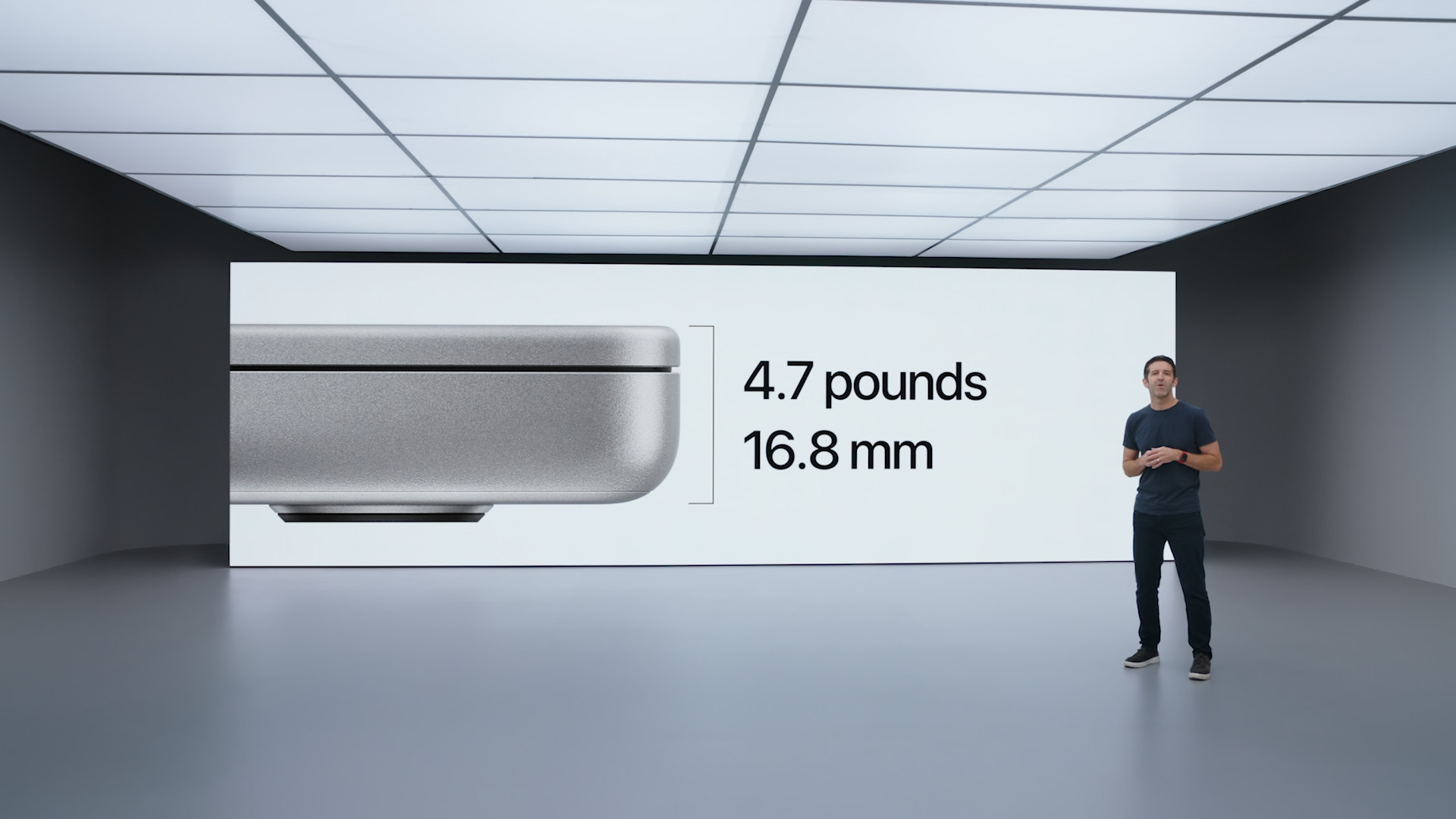
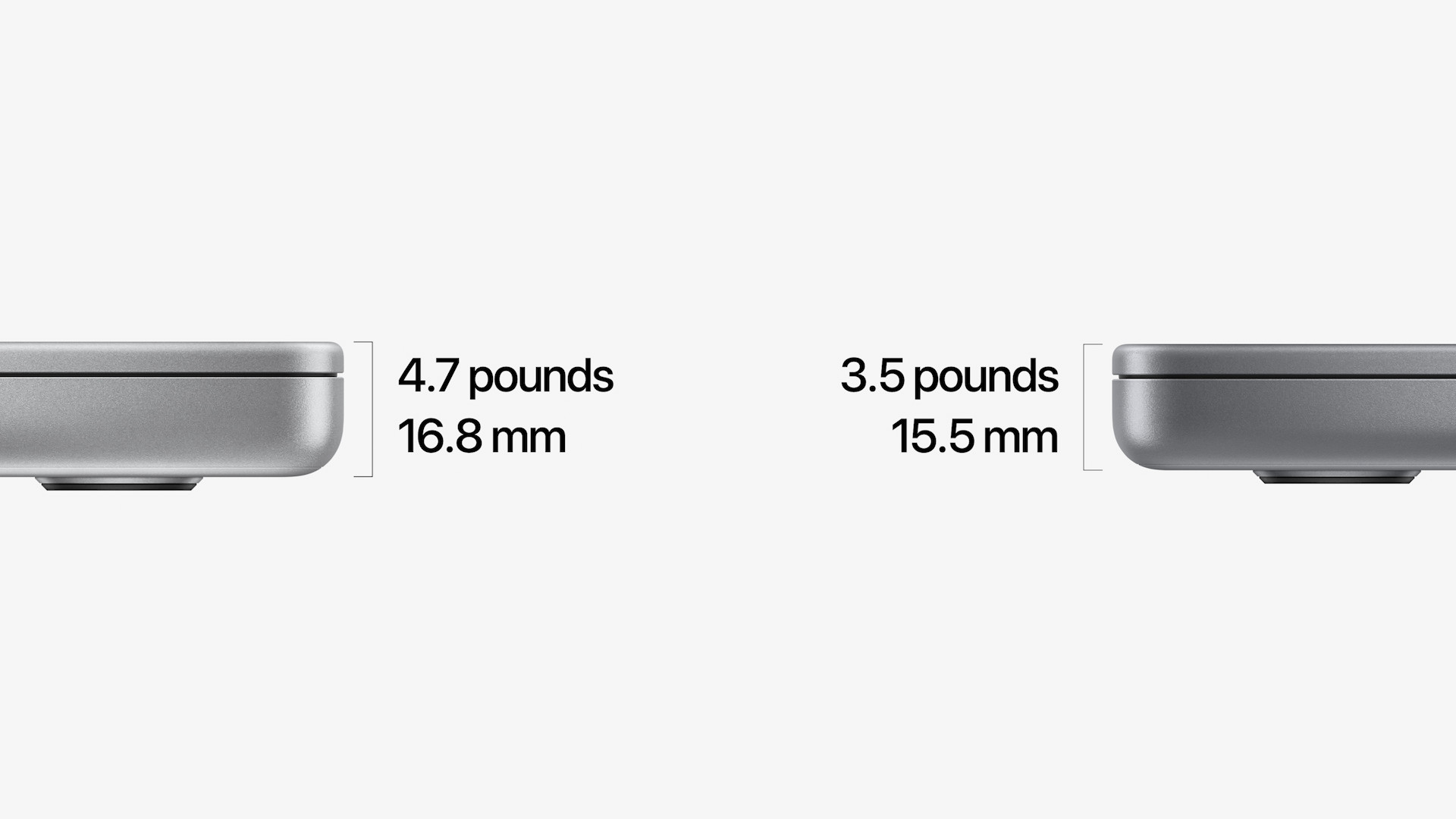

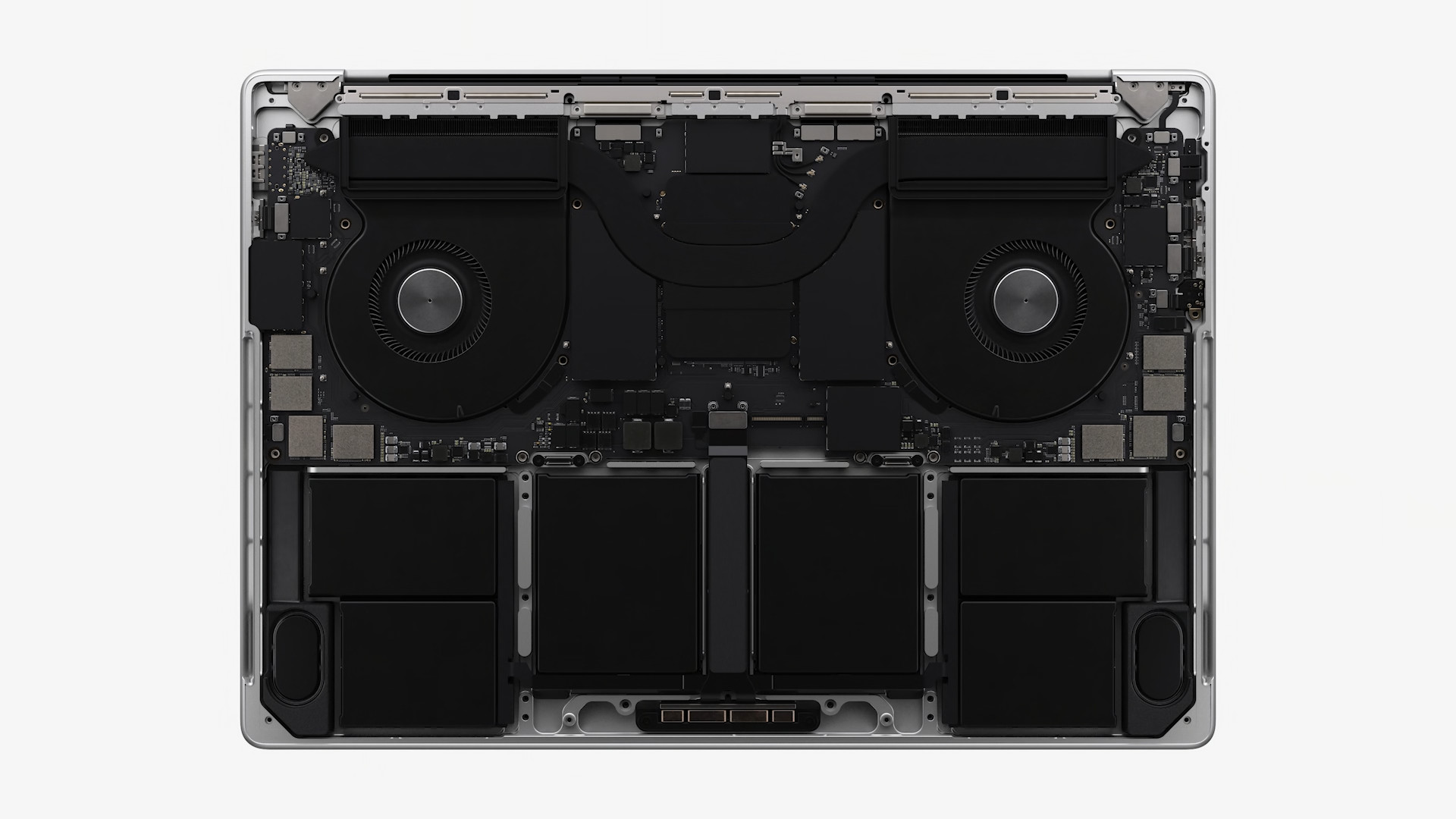
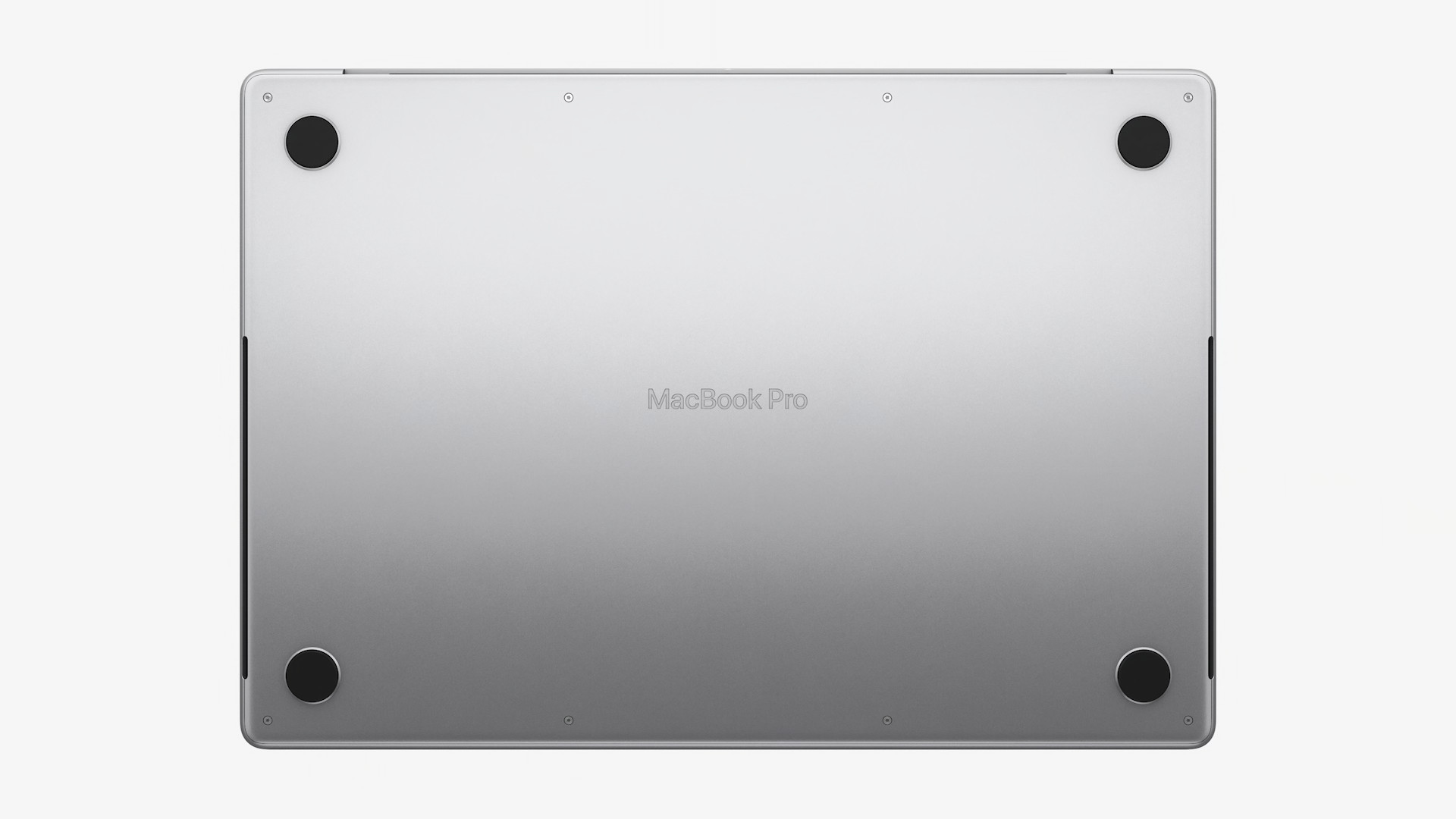
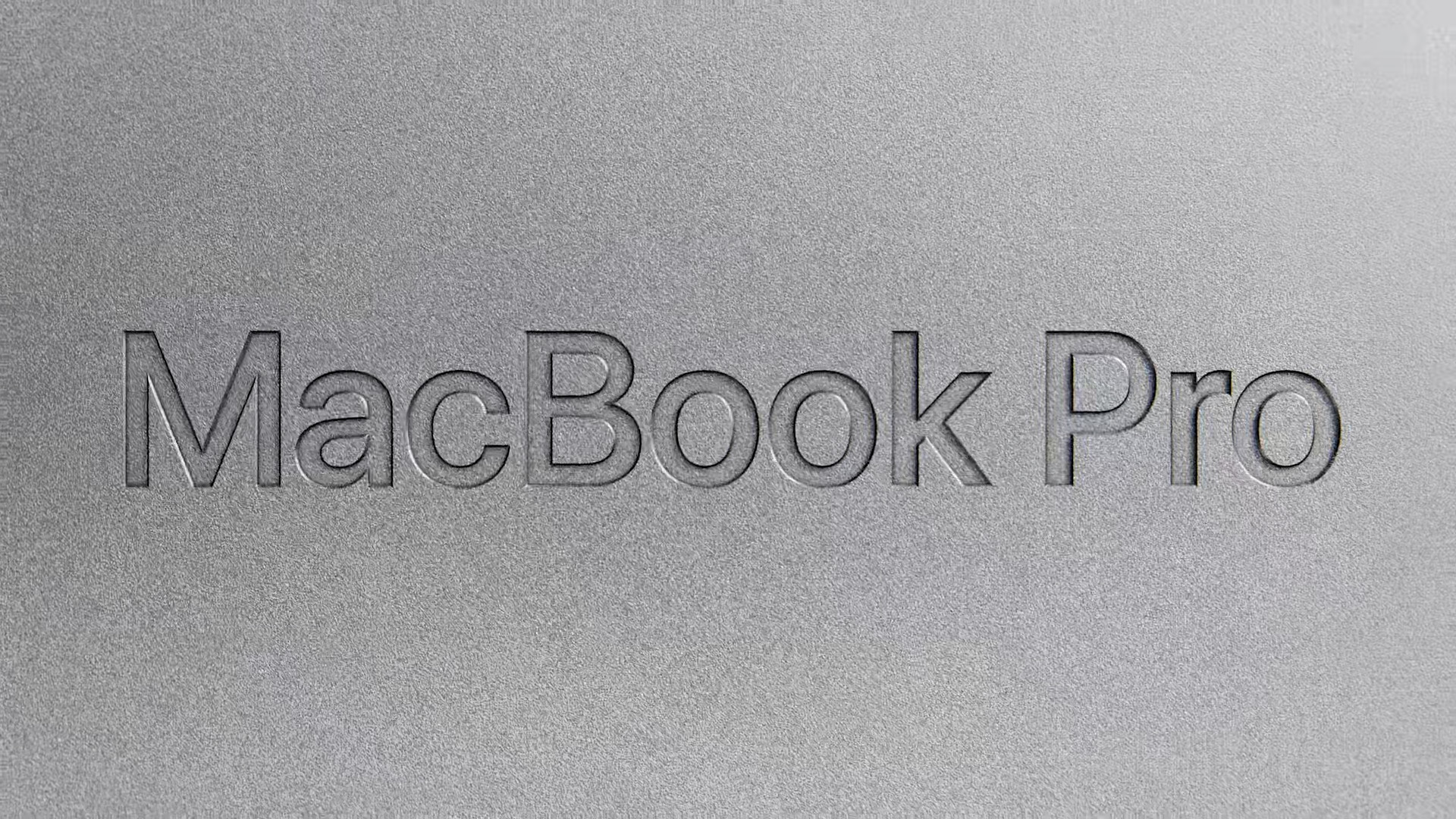
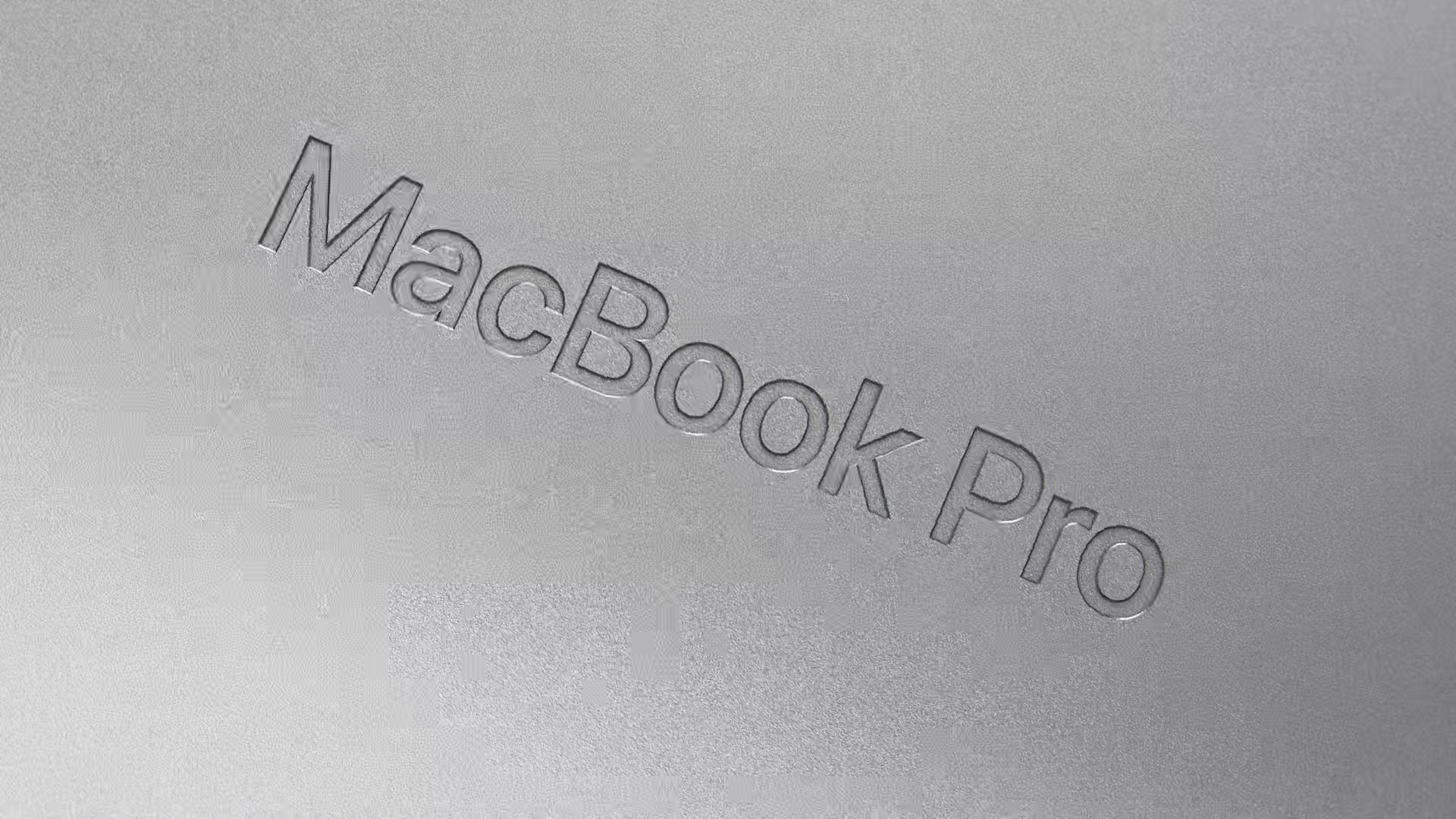
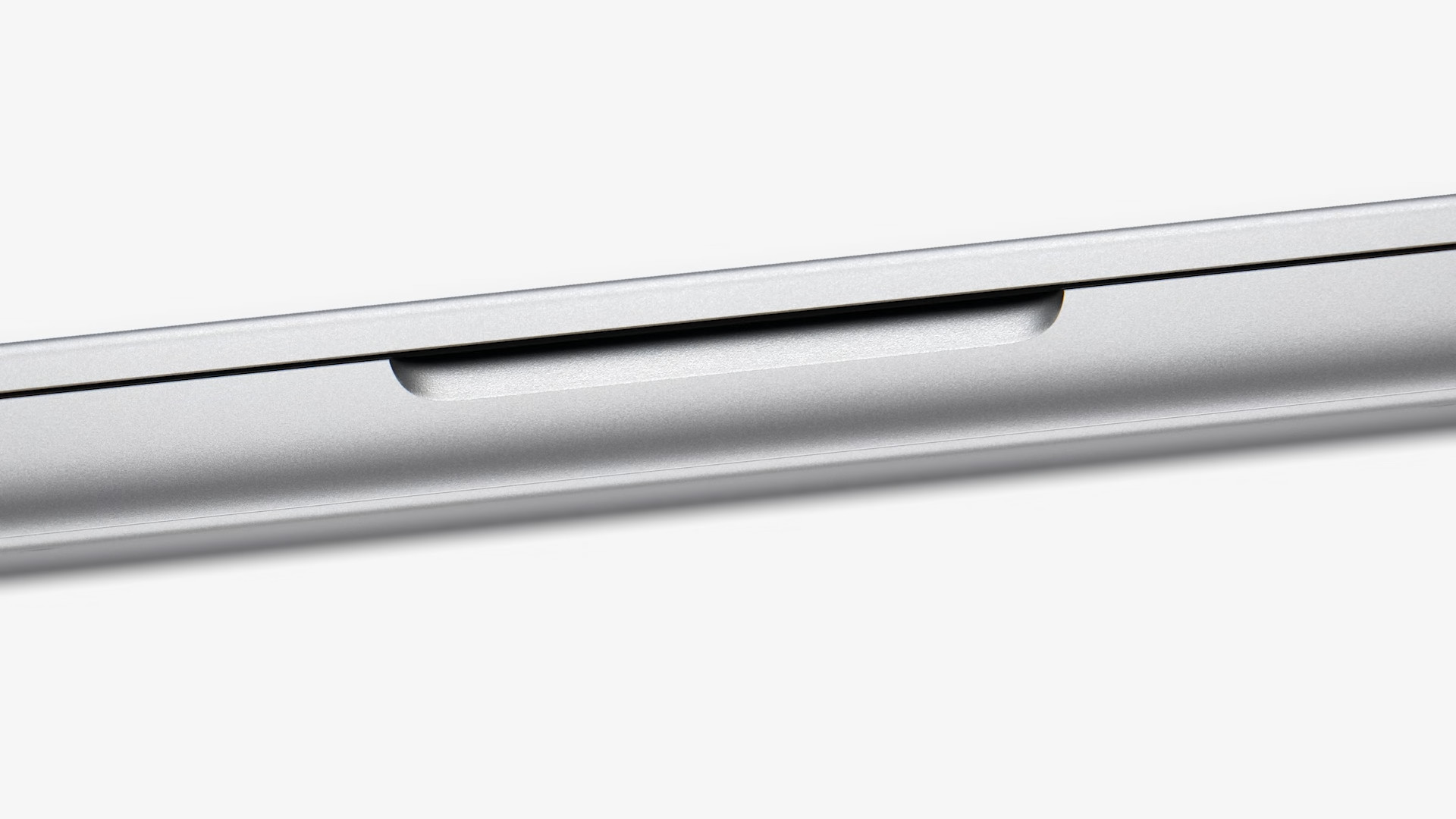

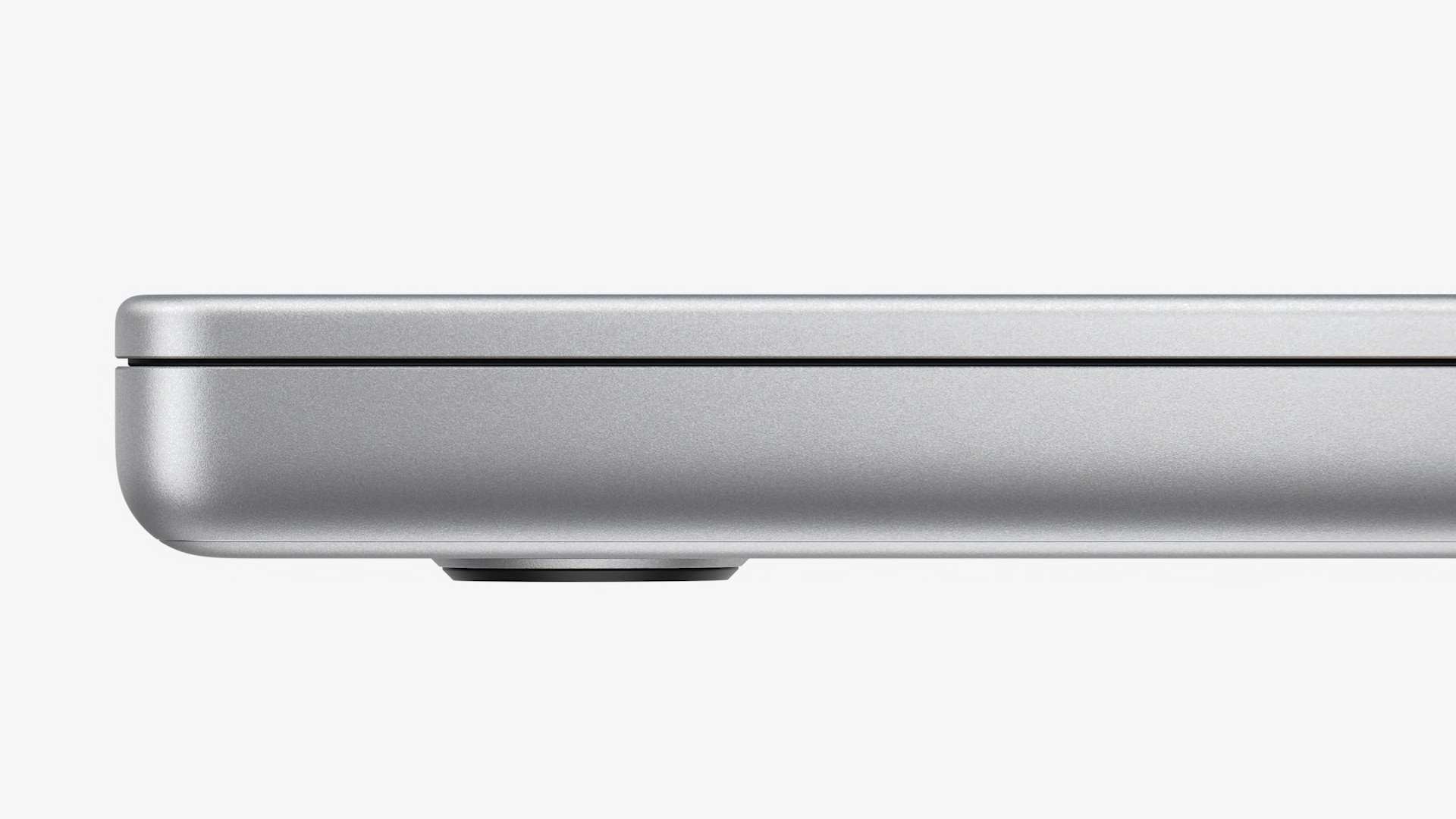
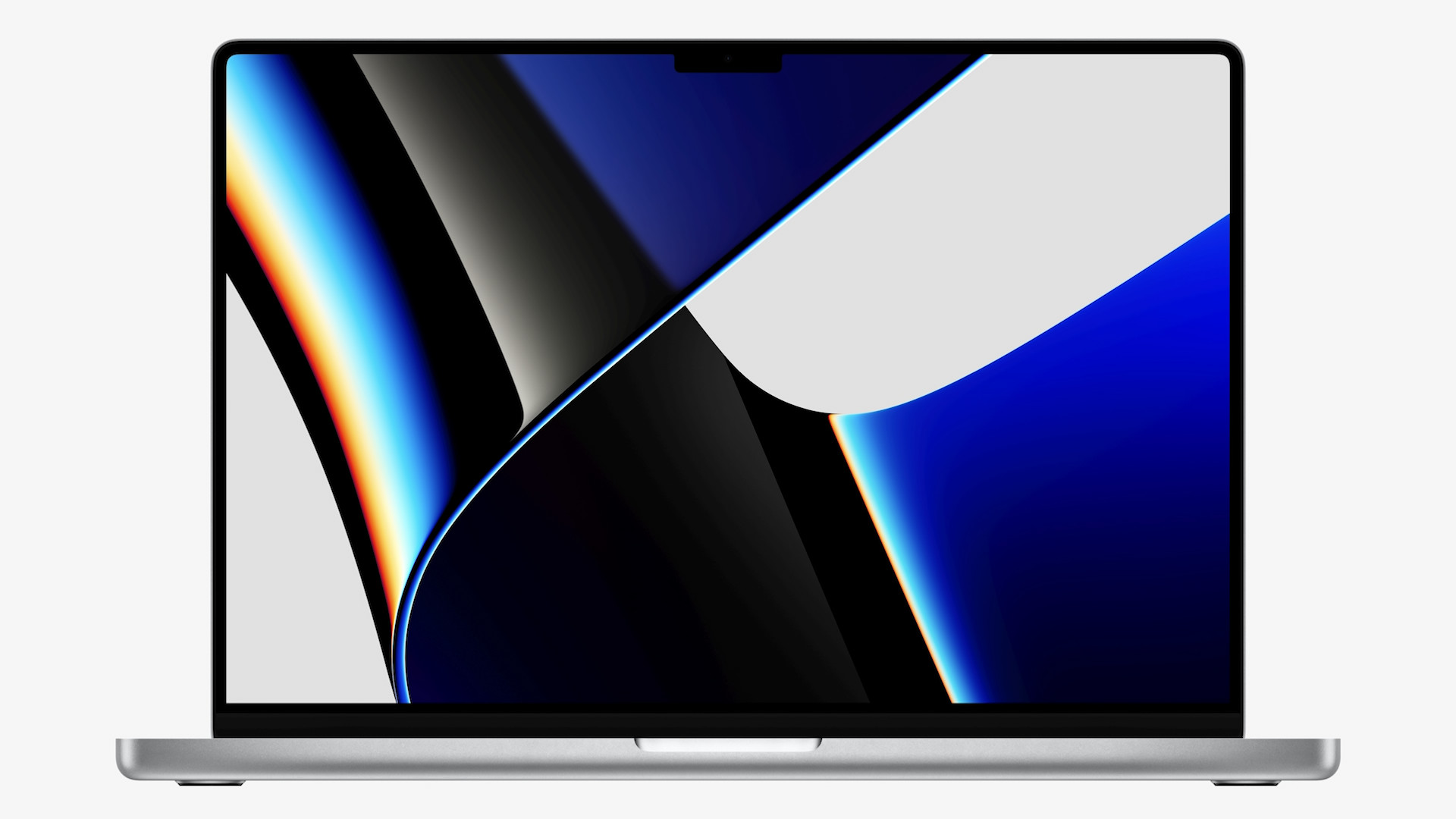
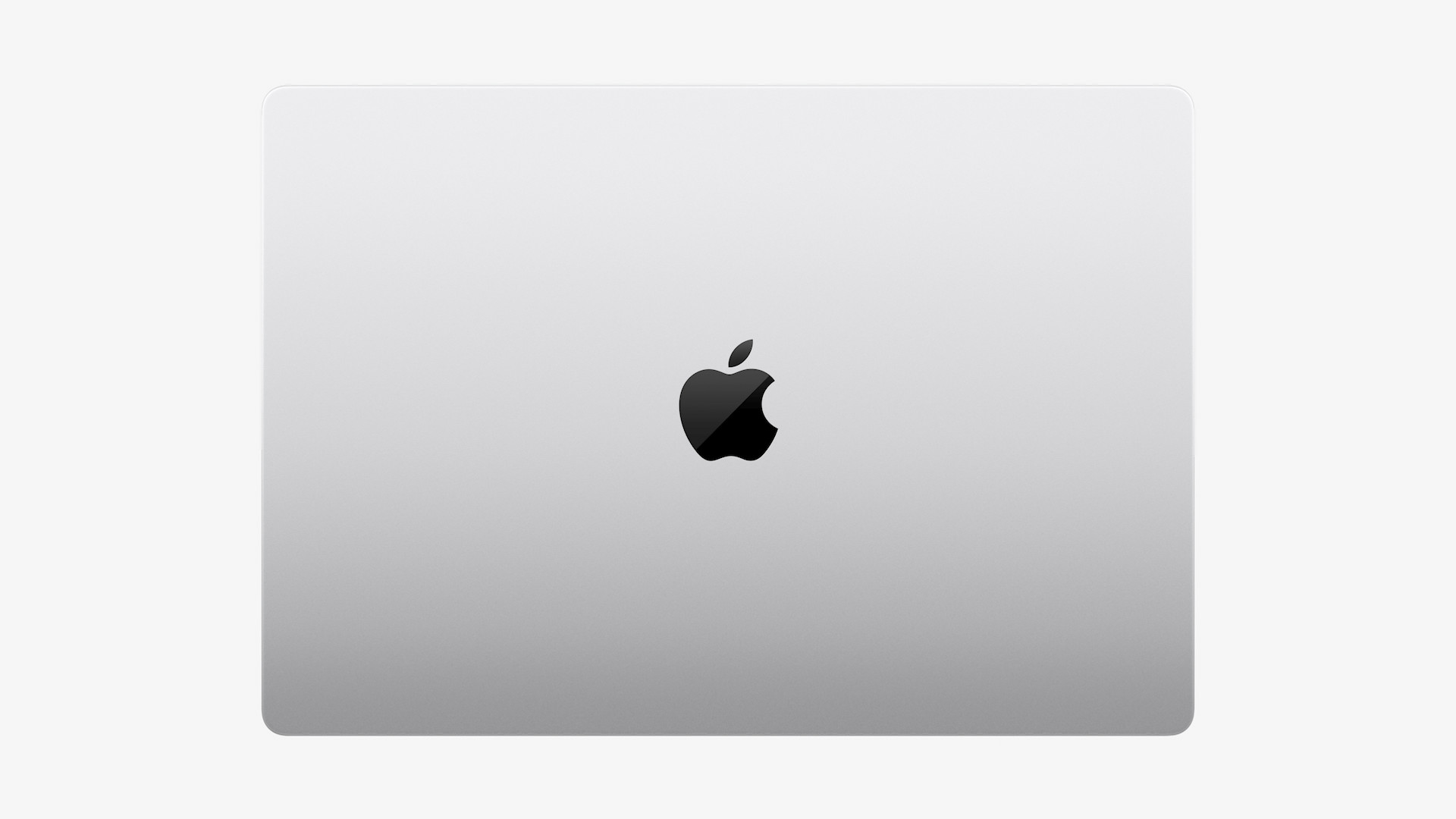
 Adam Kos
Adam Kos 